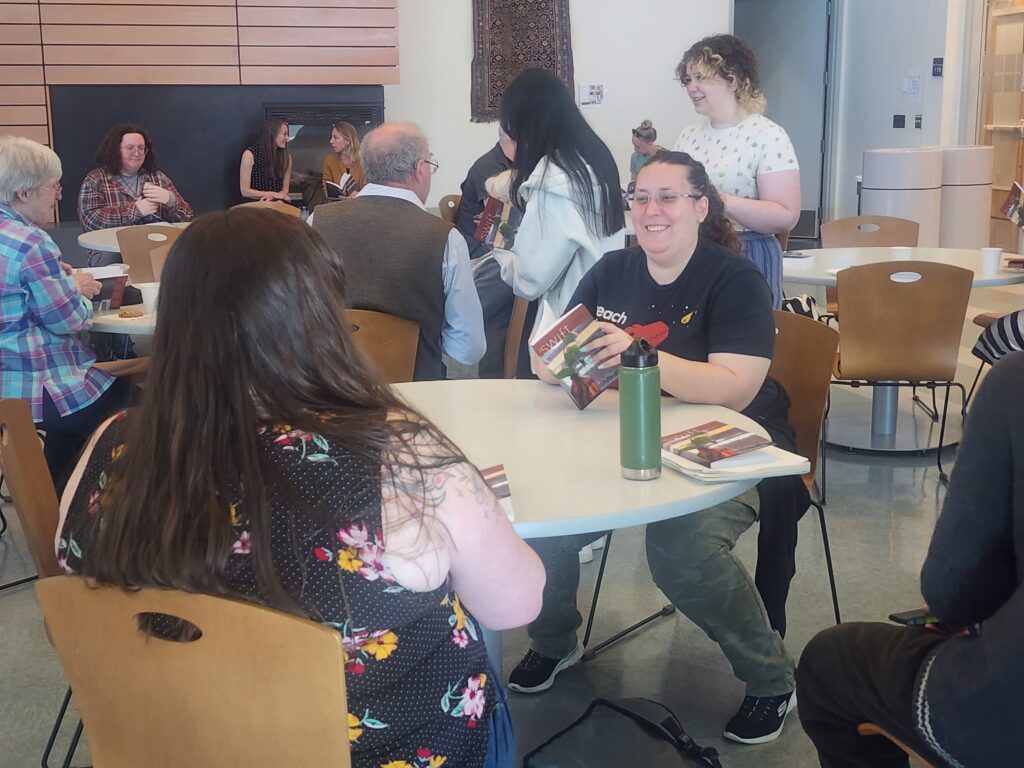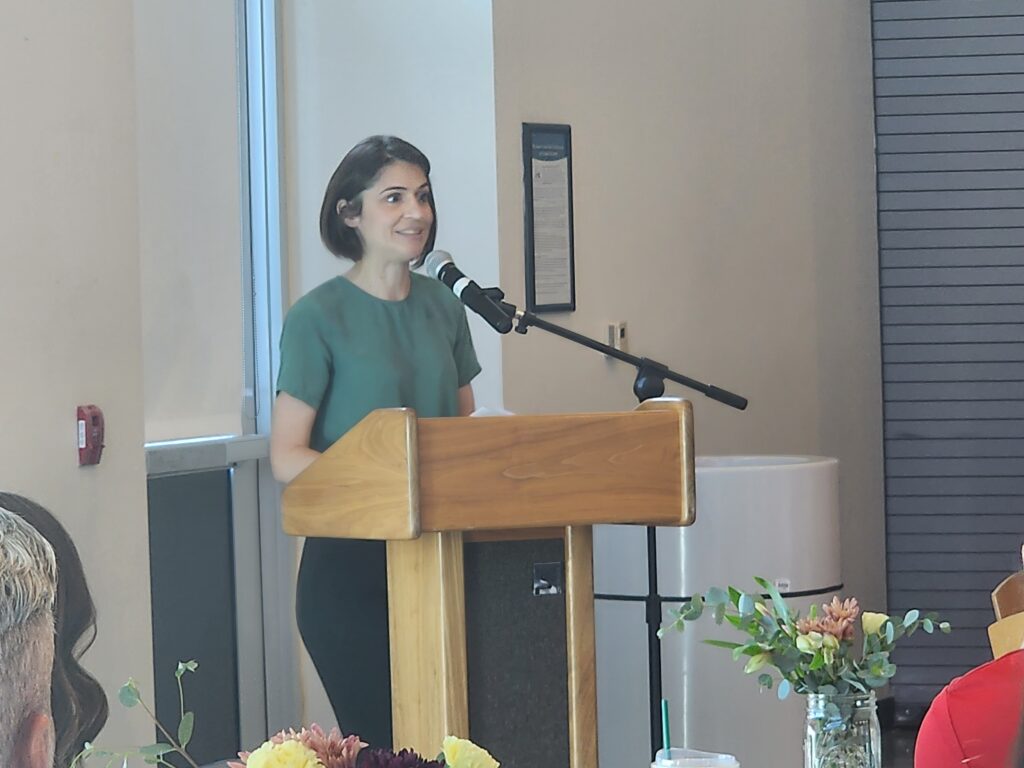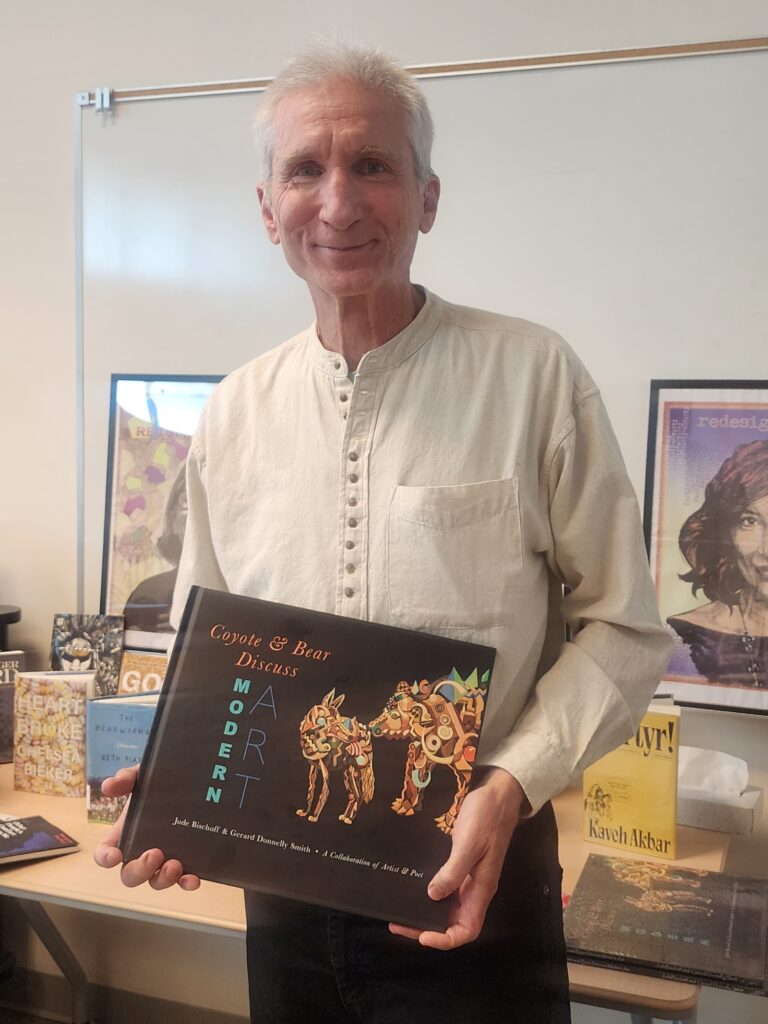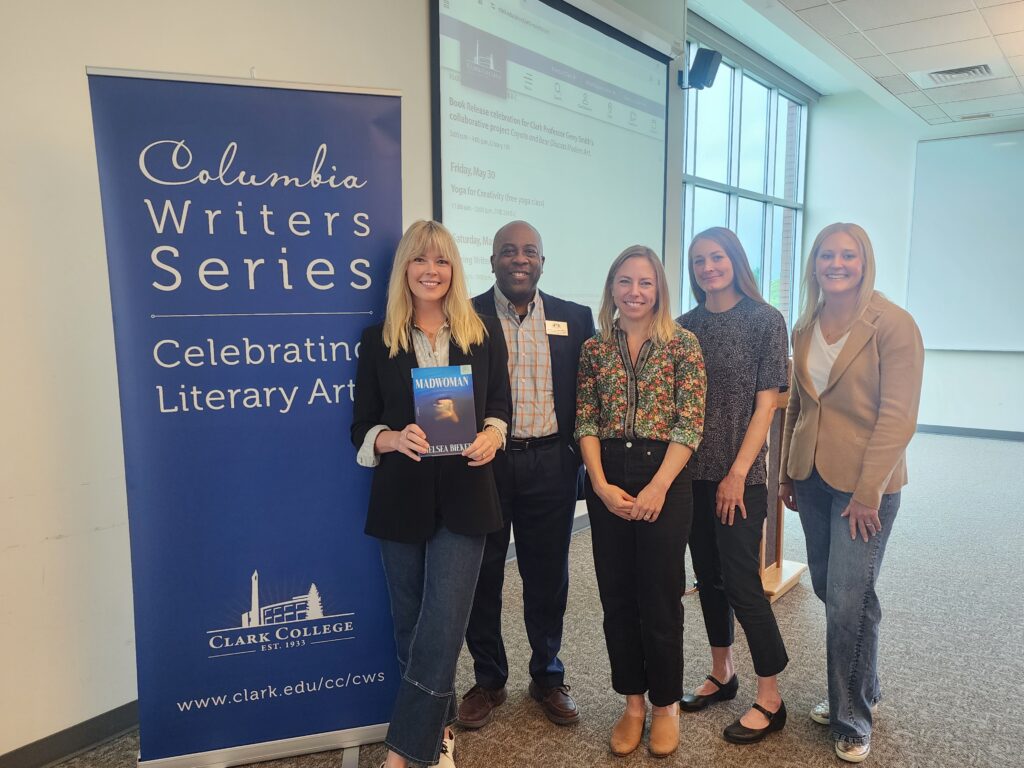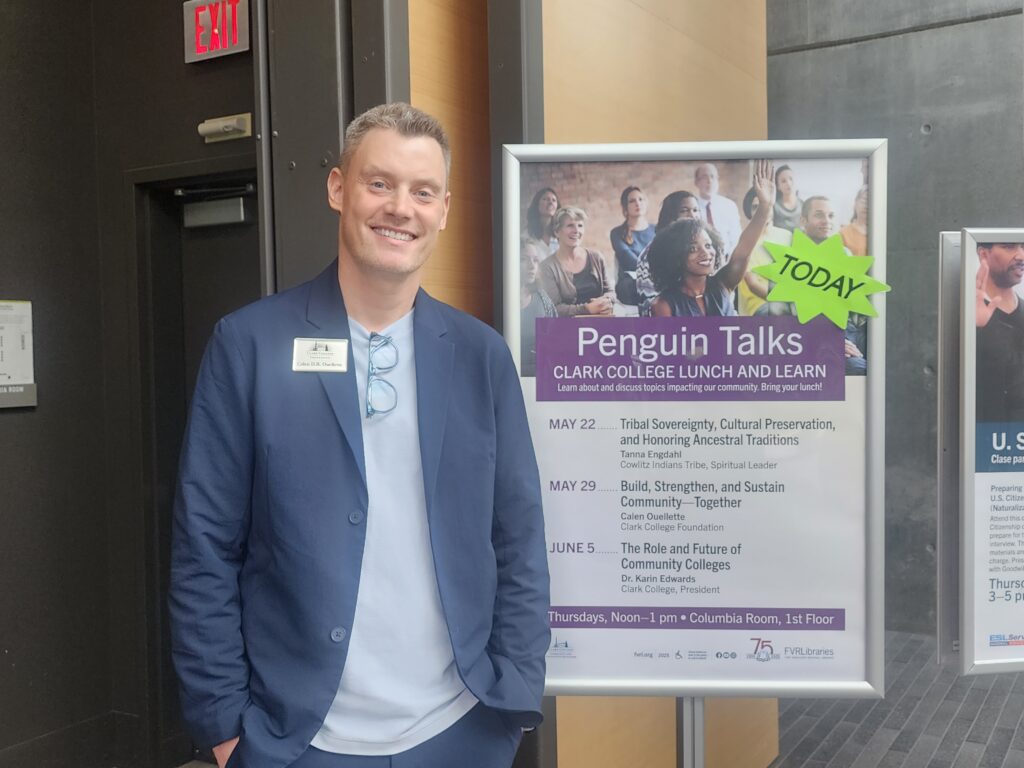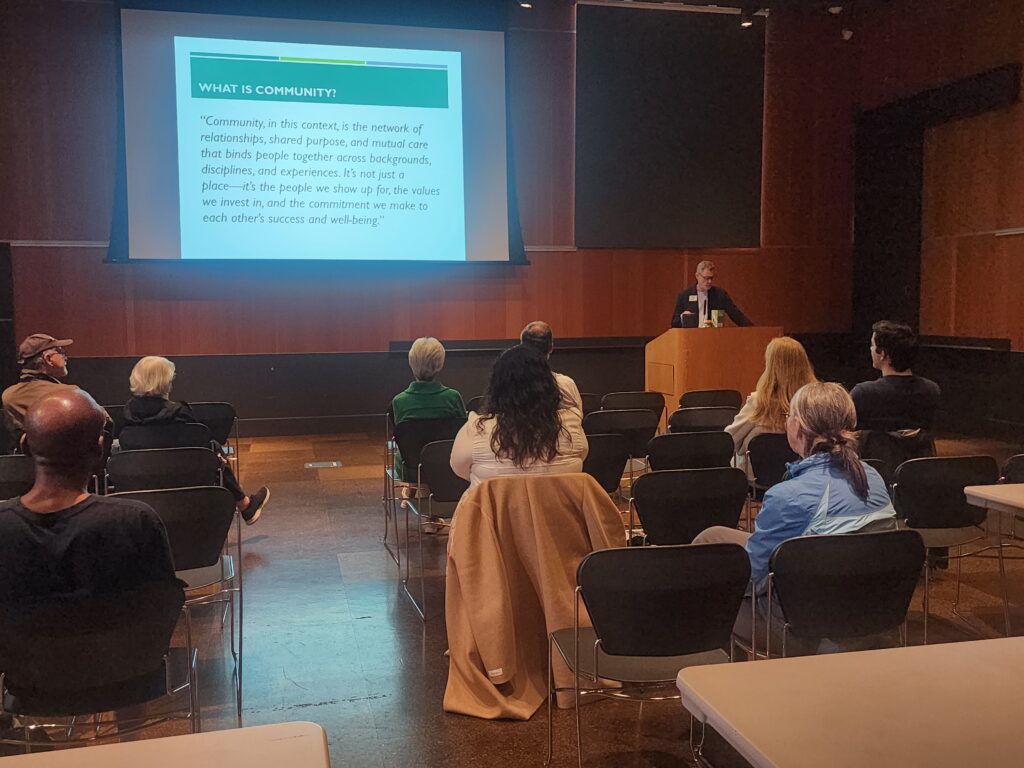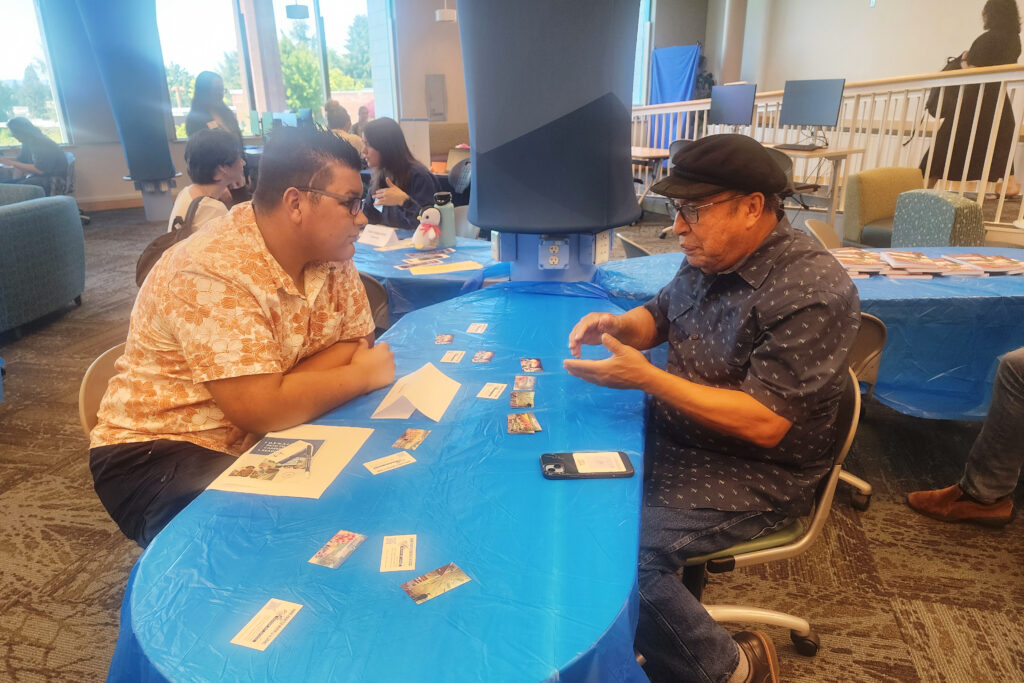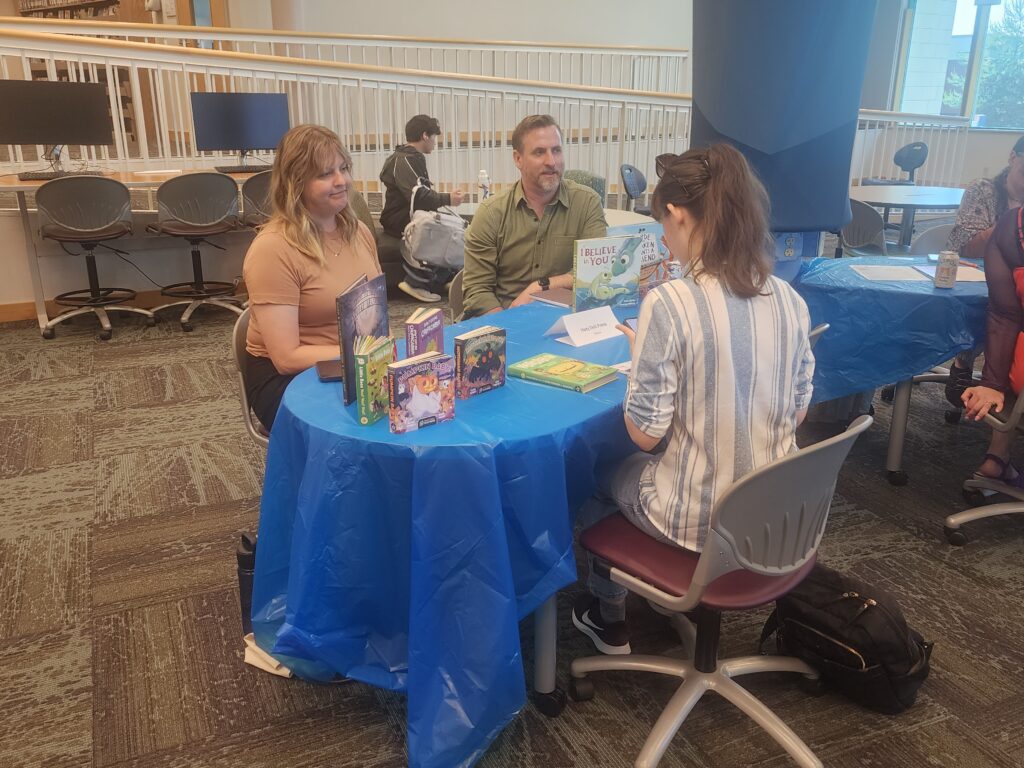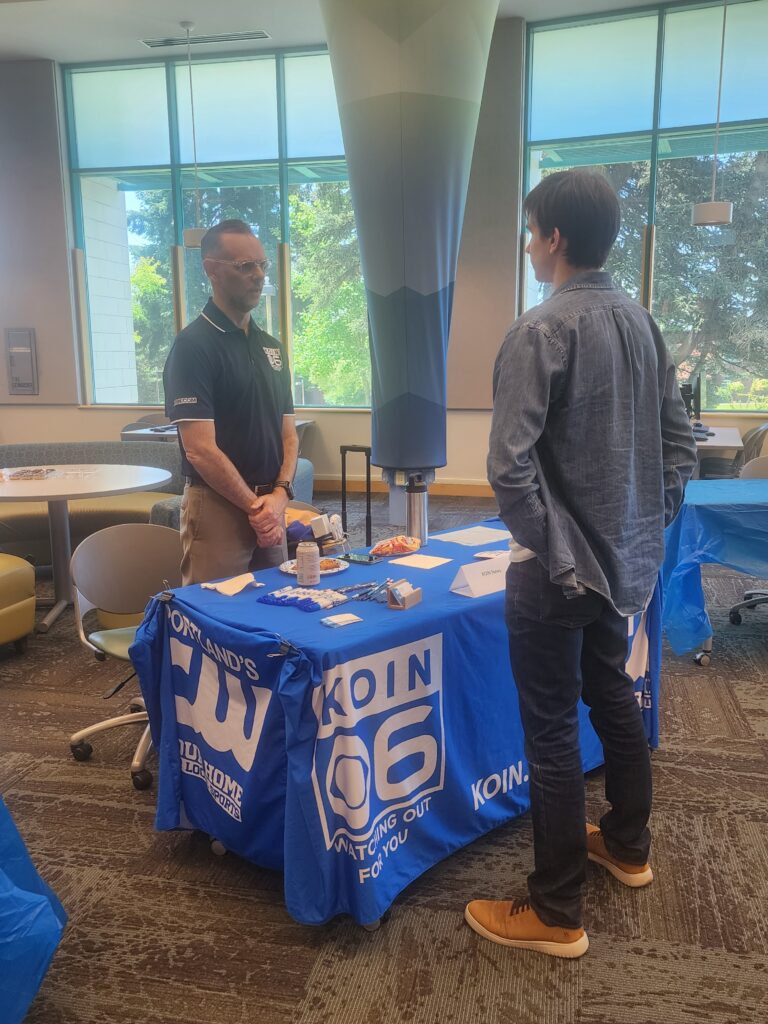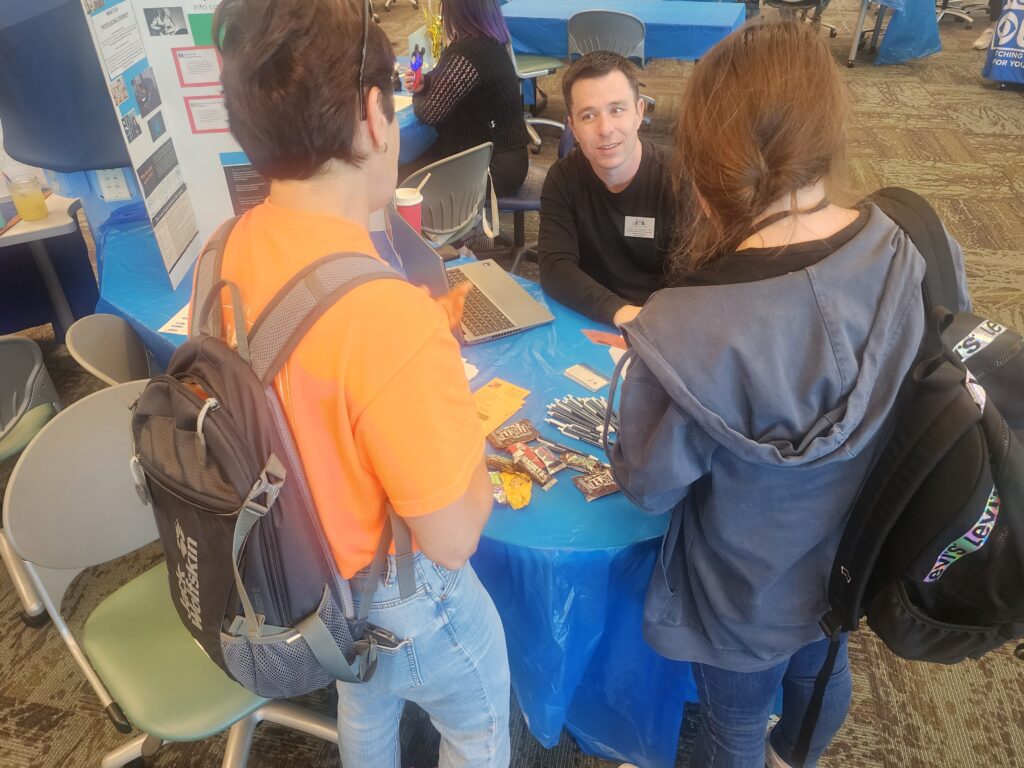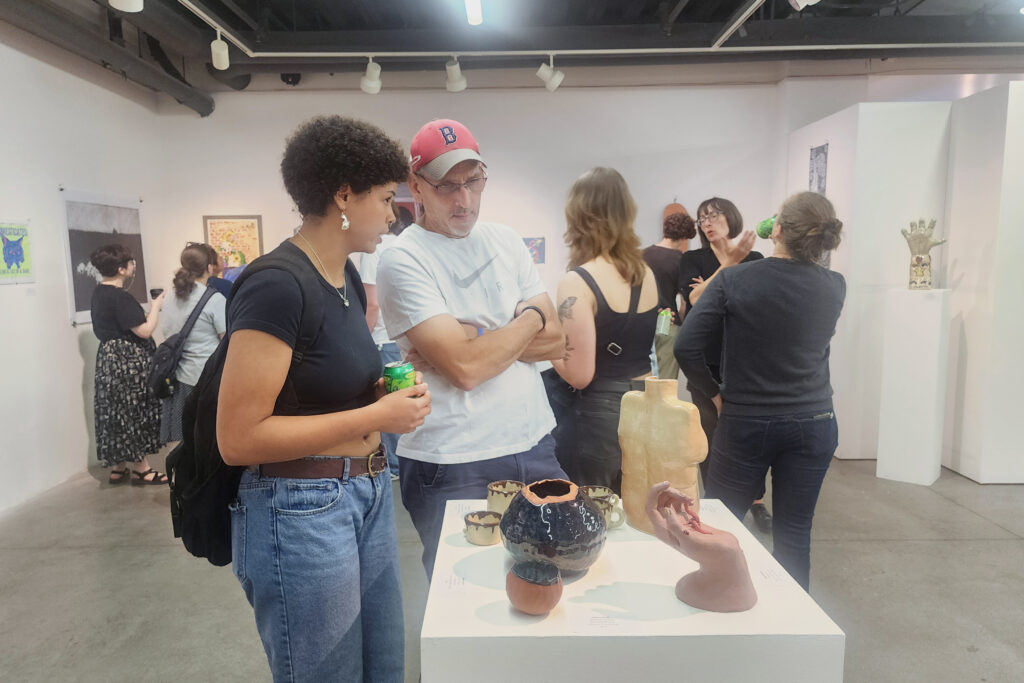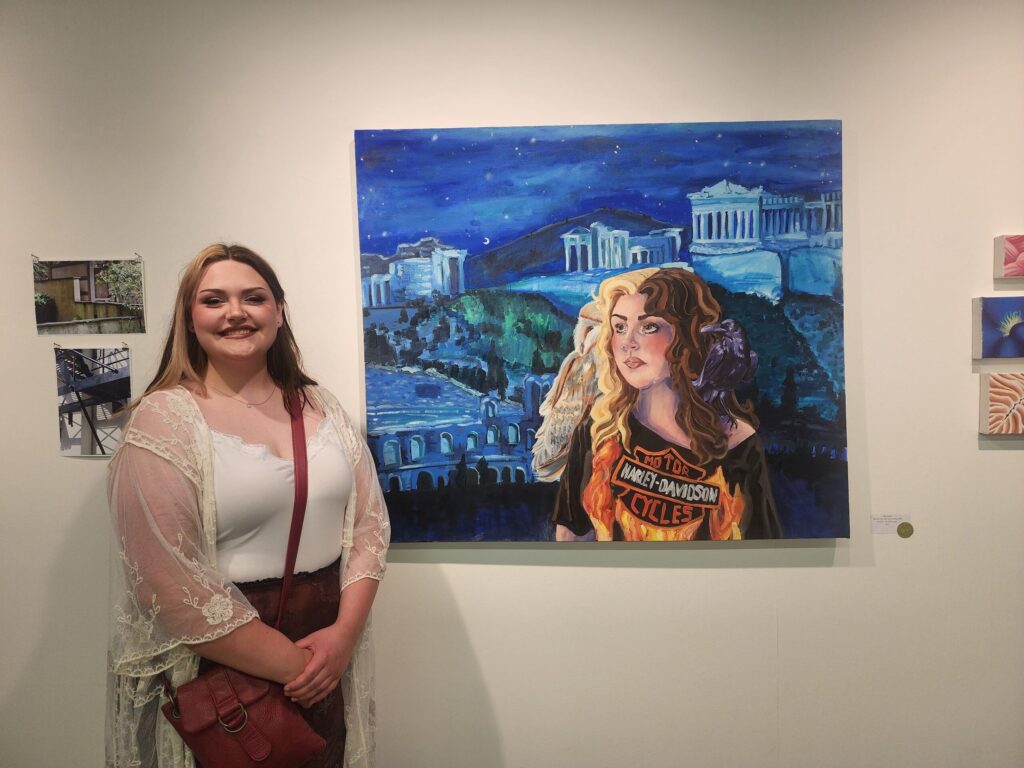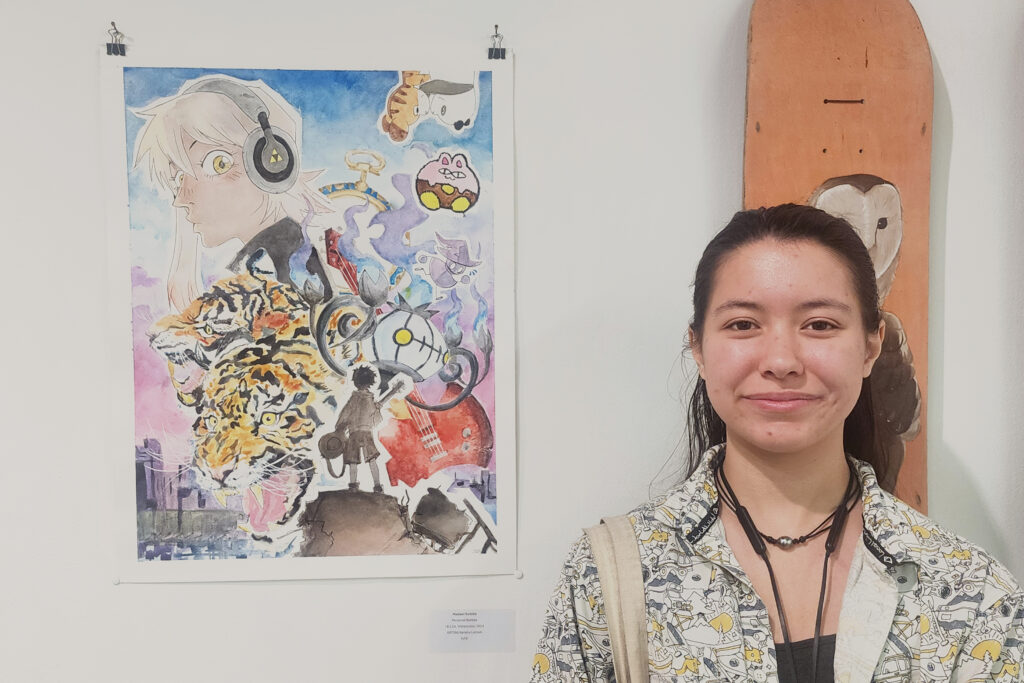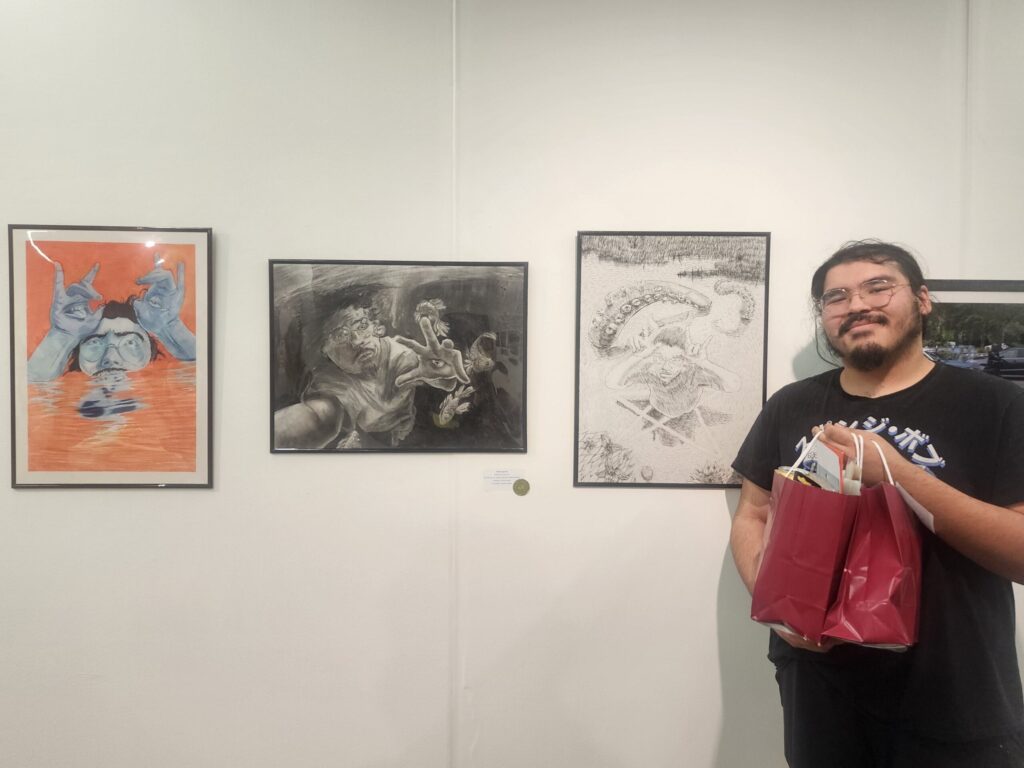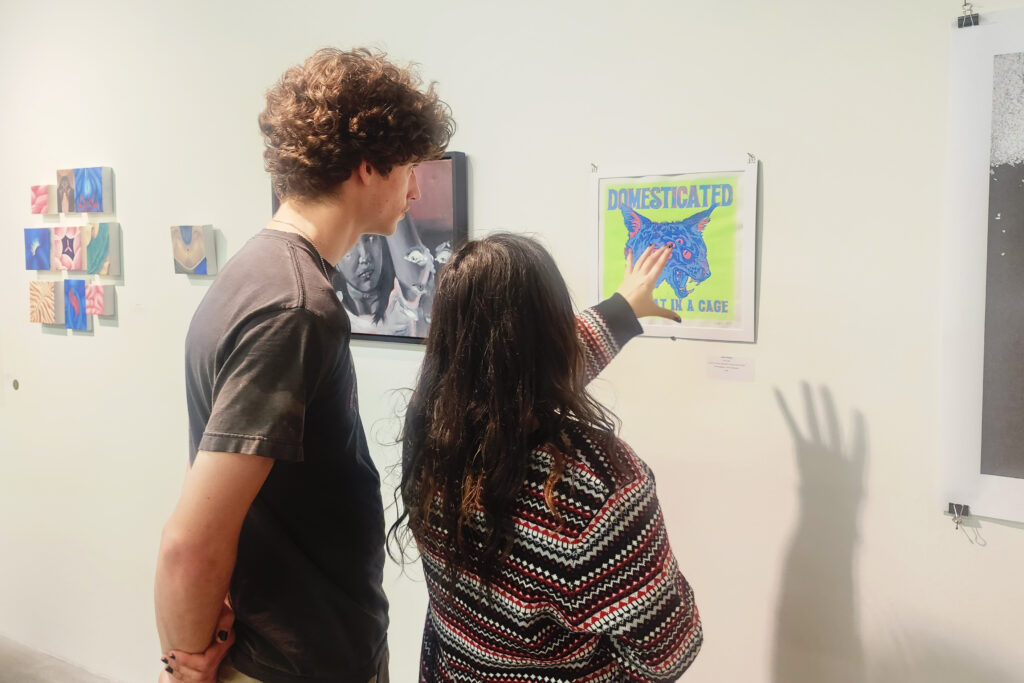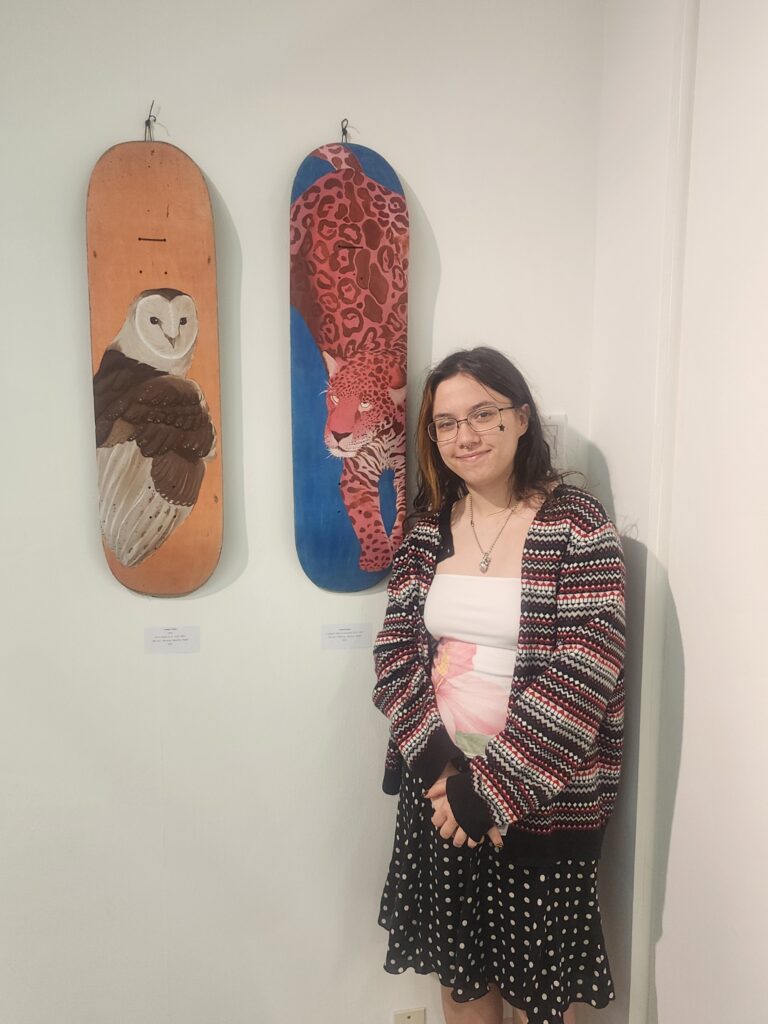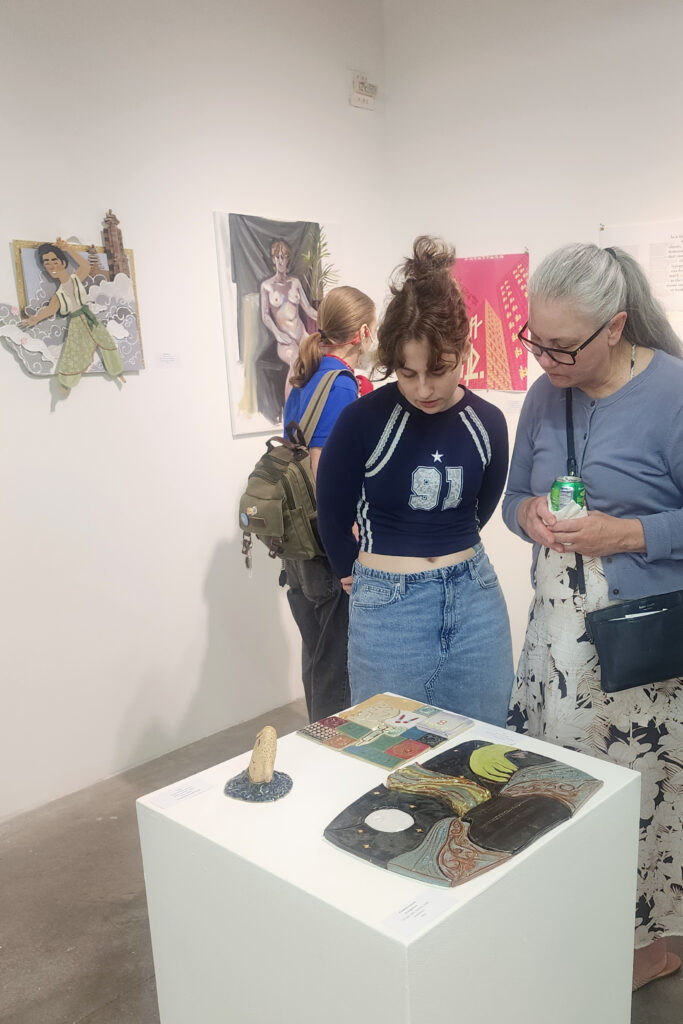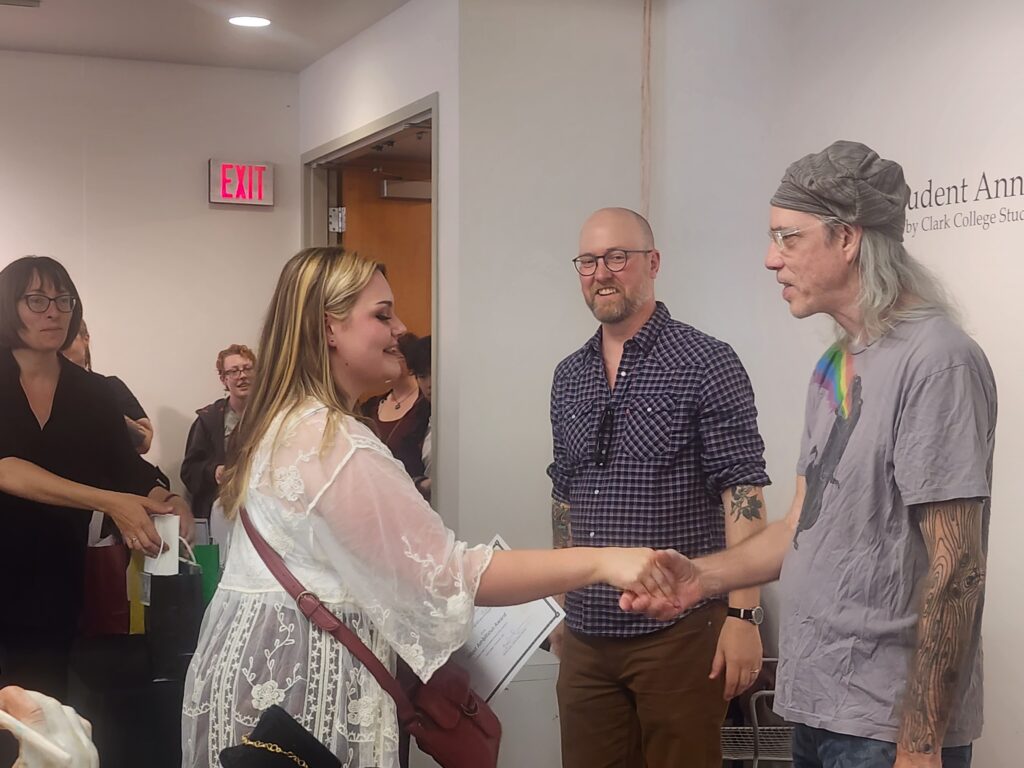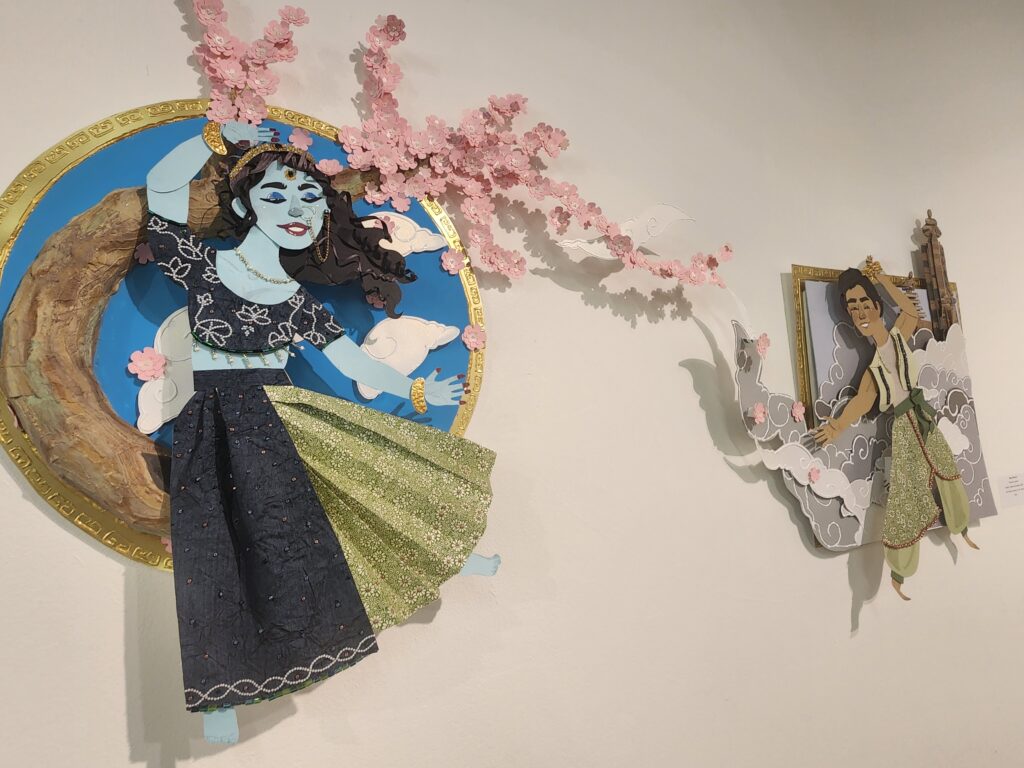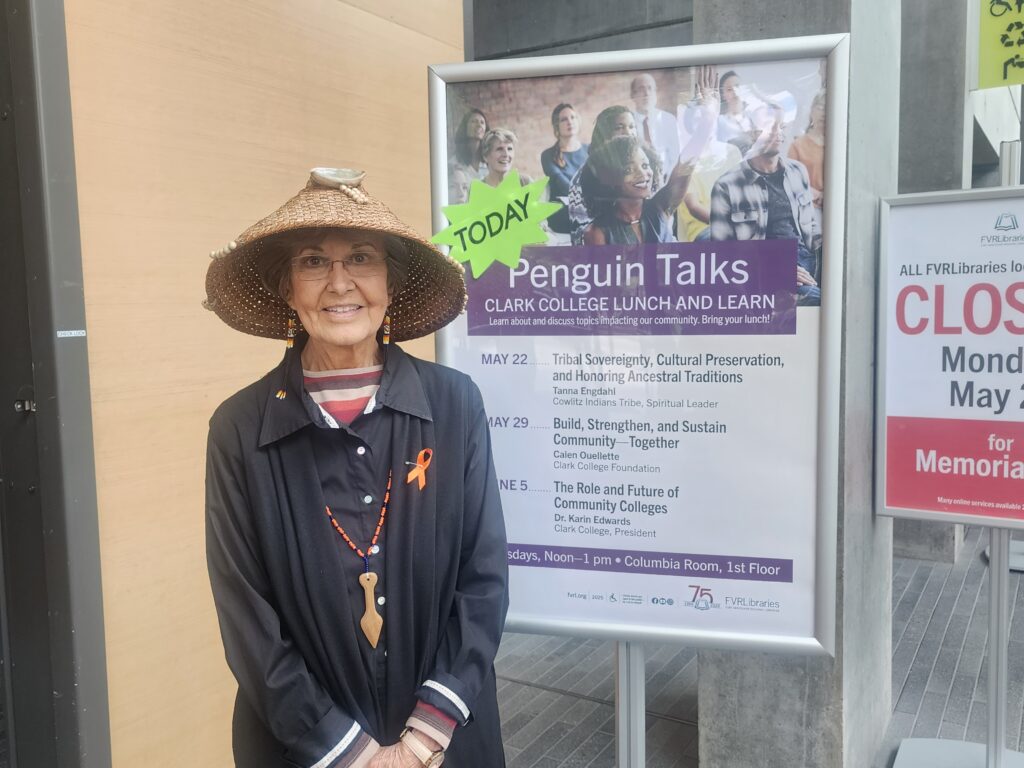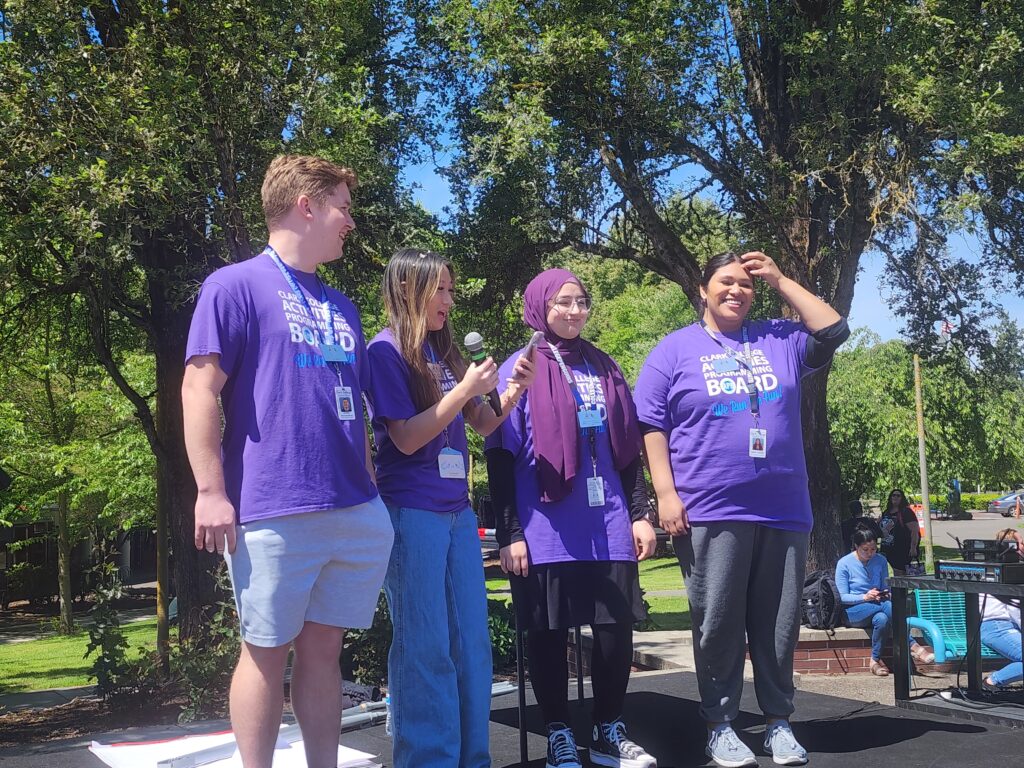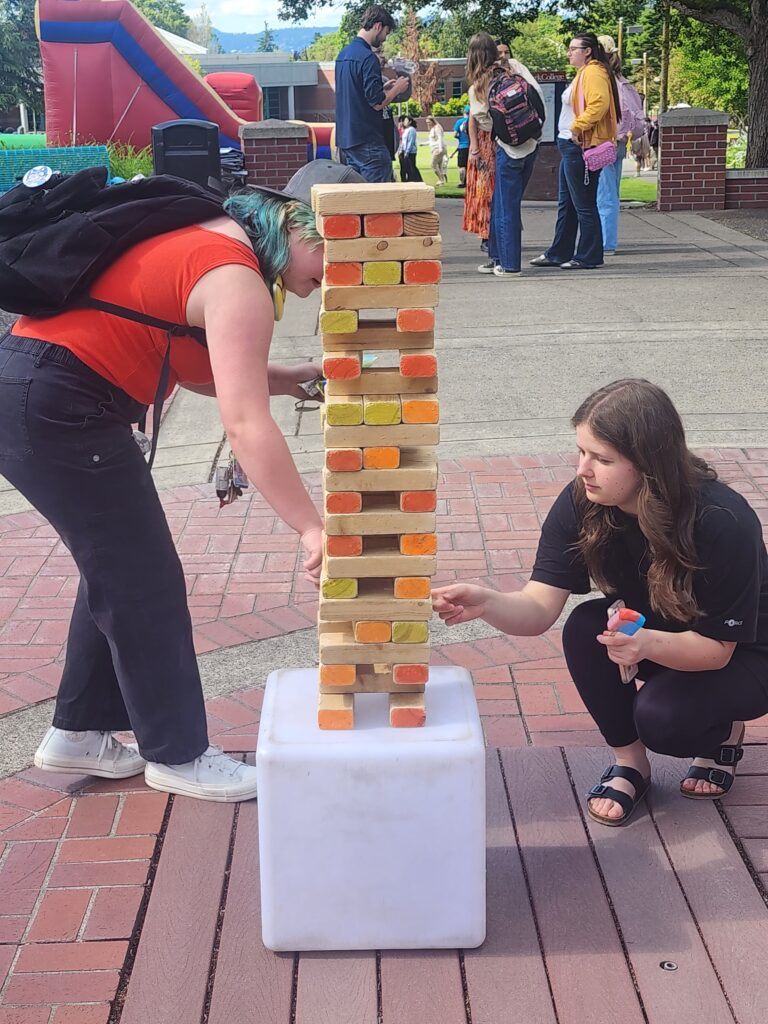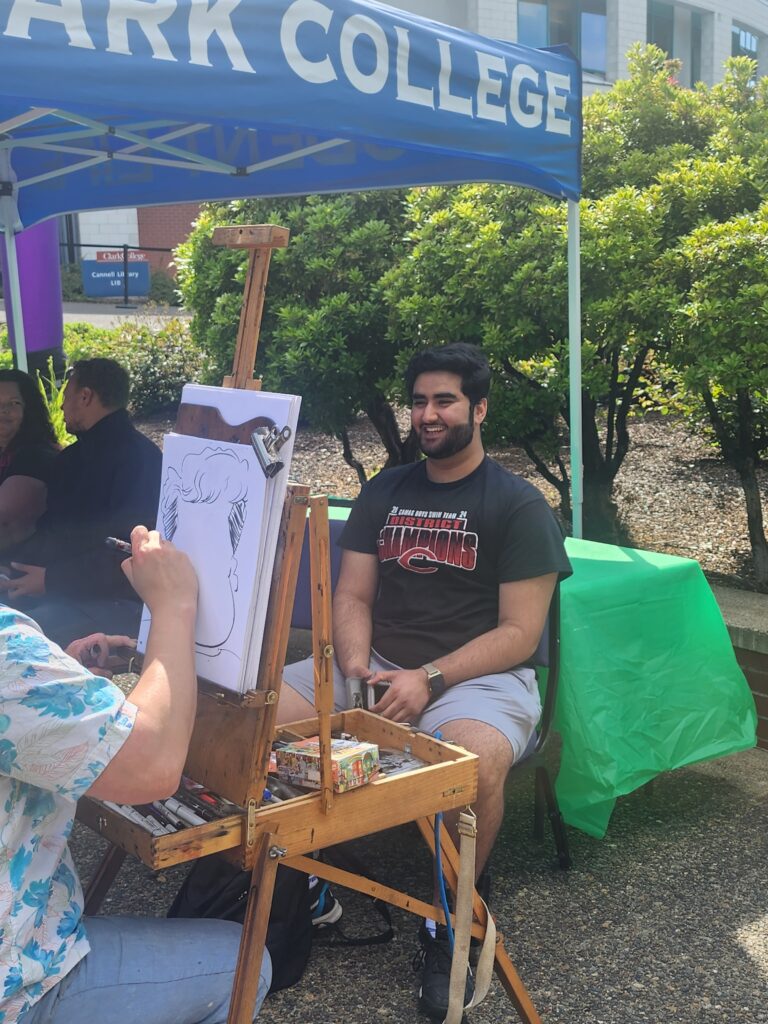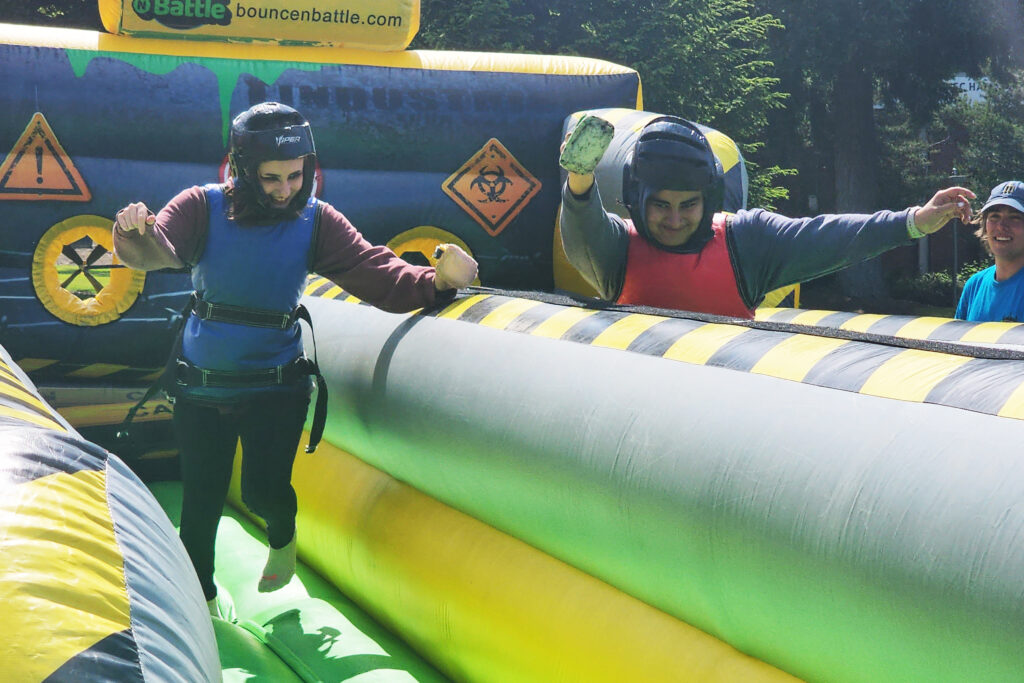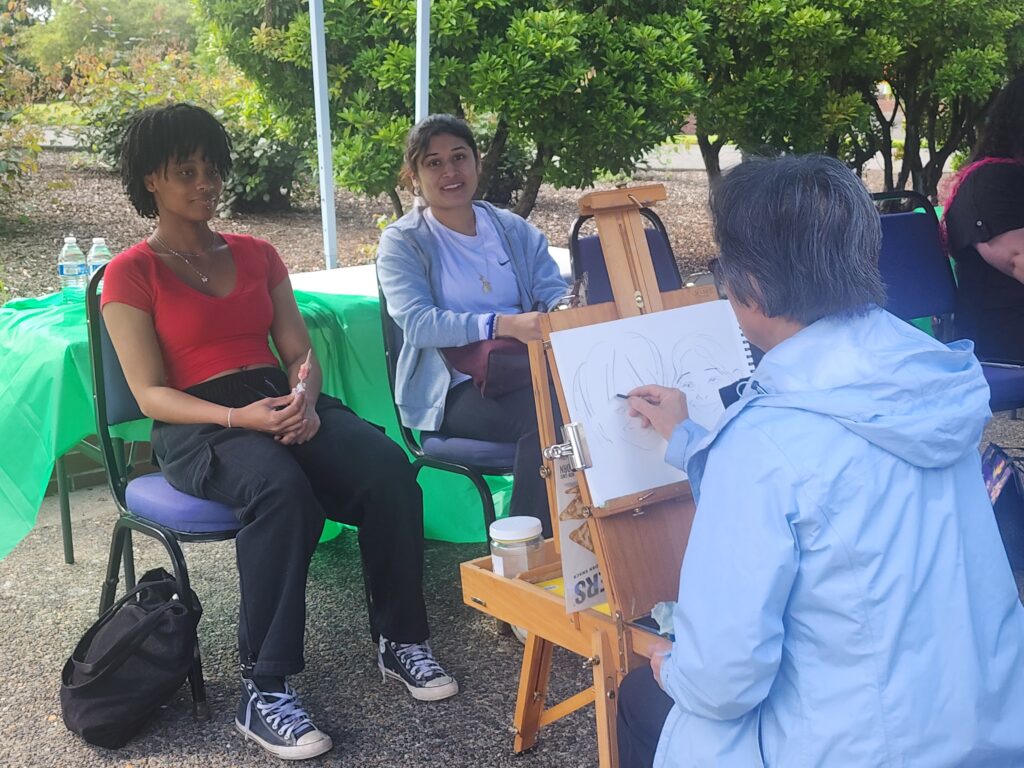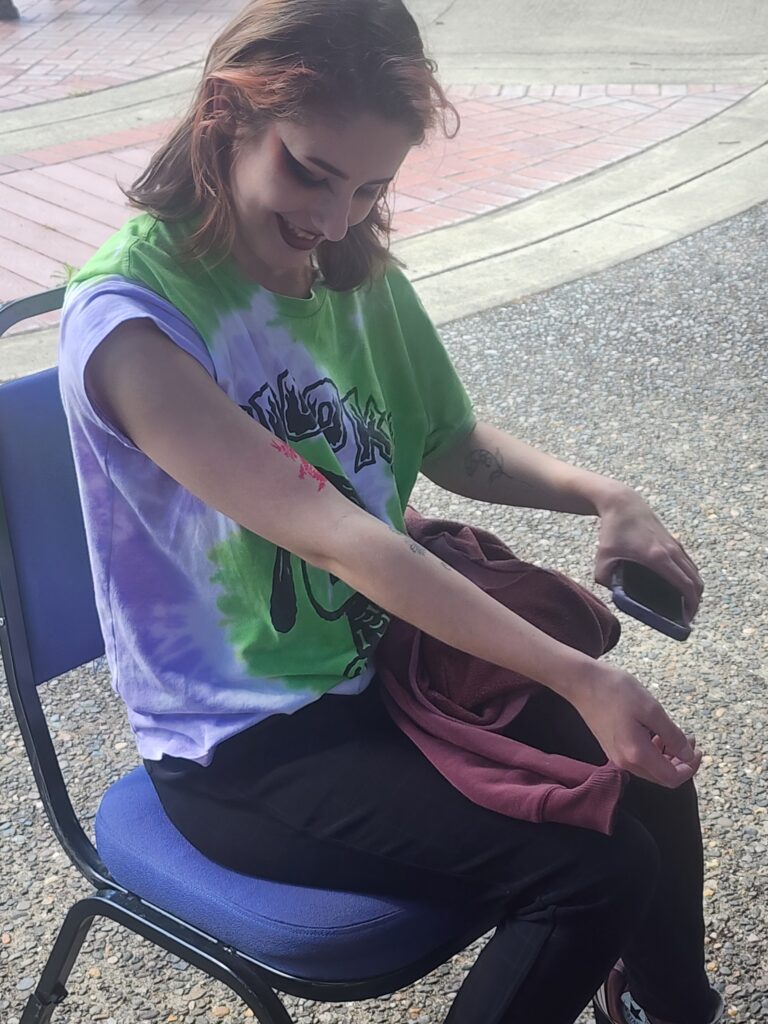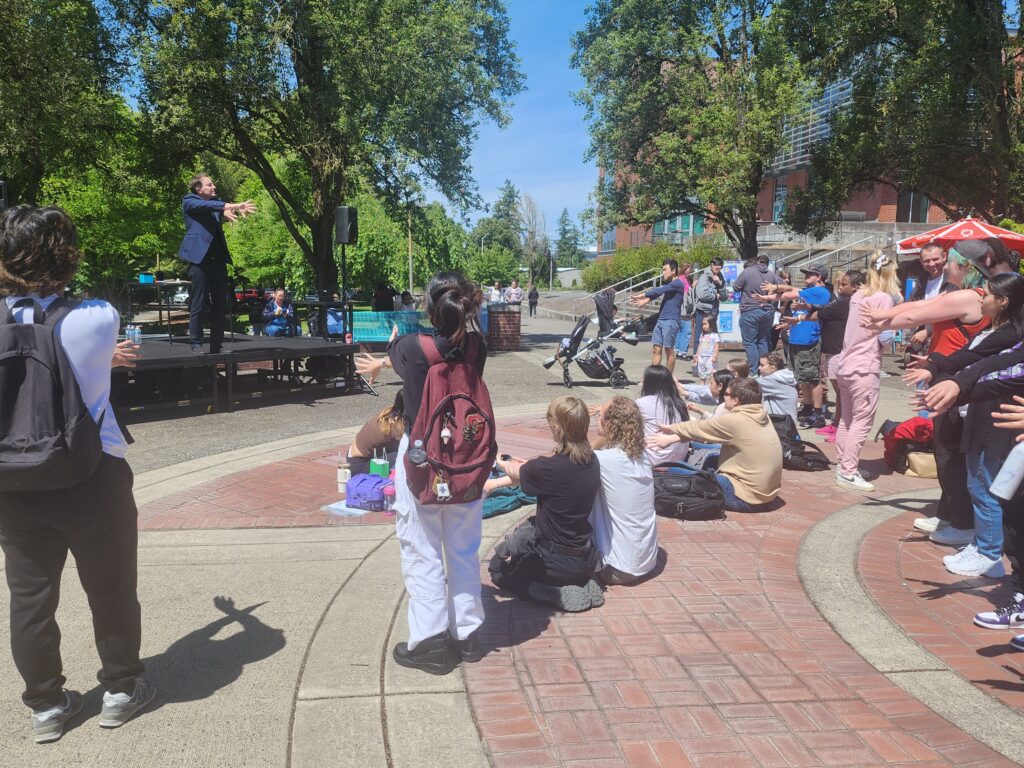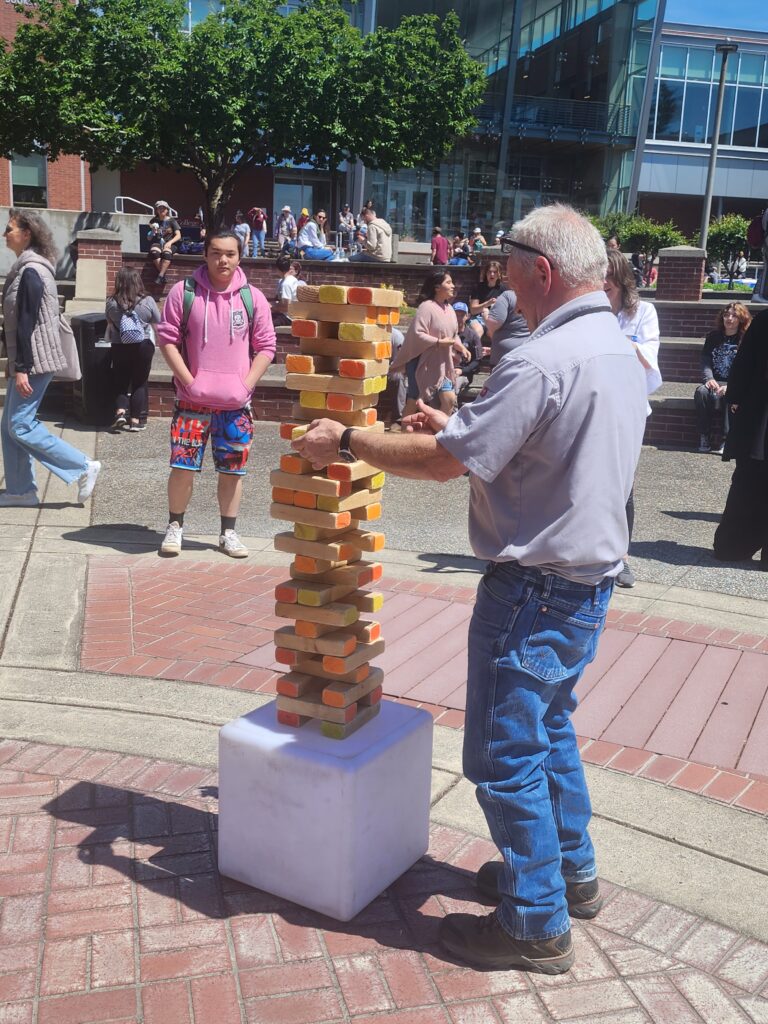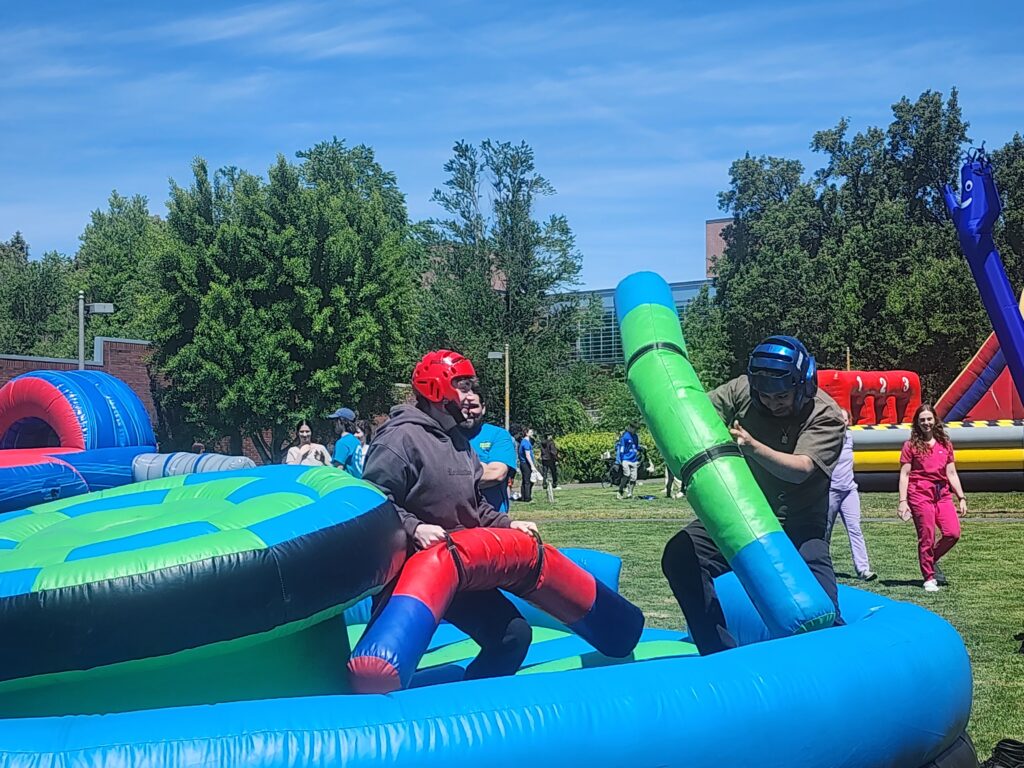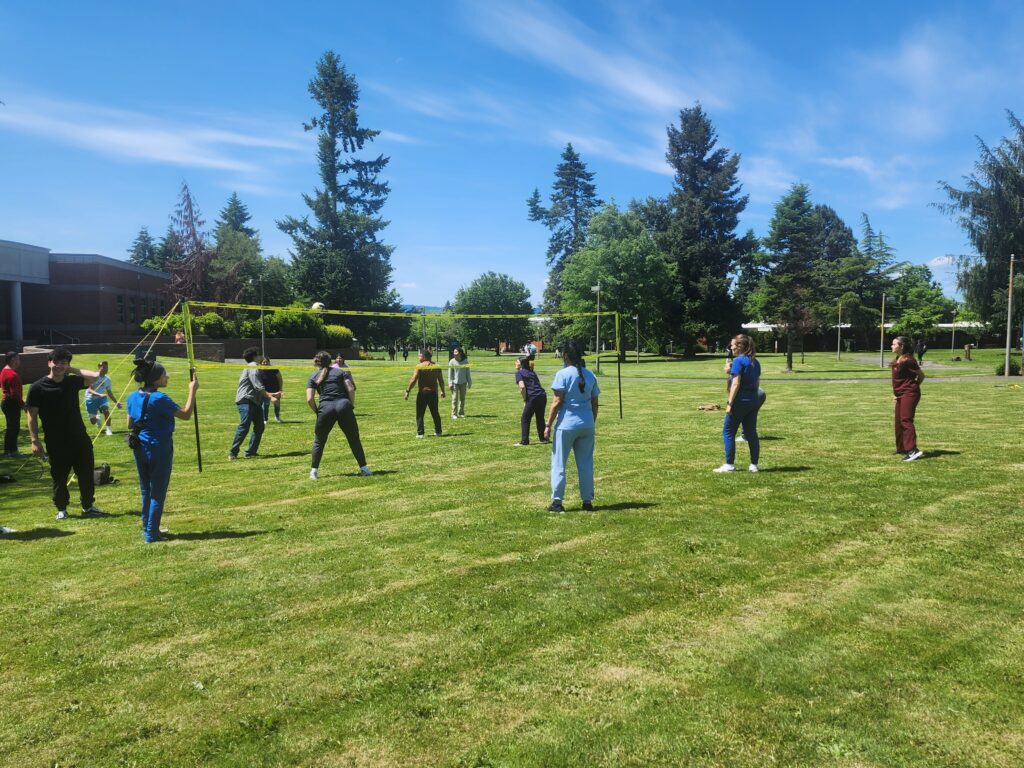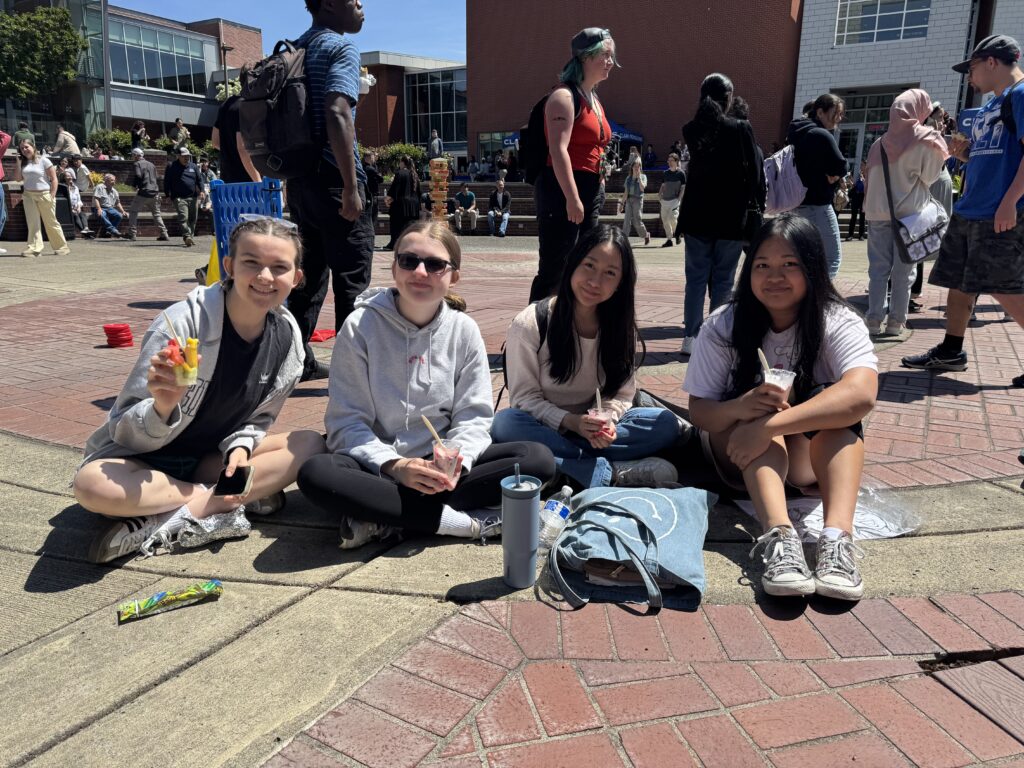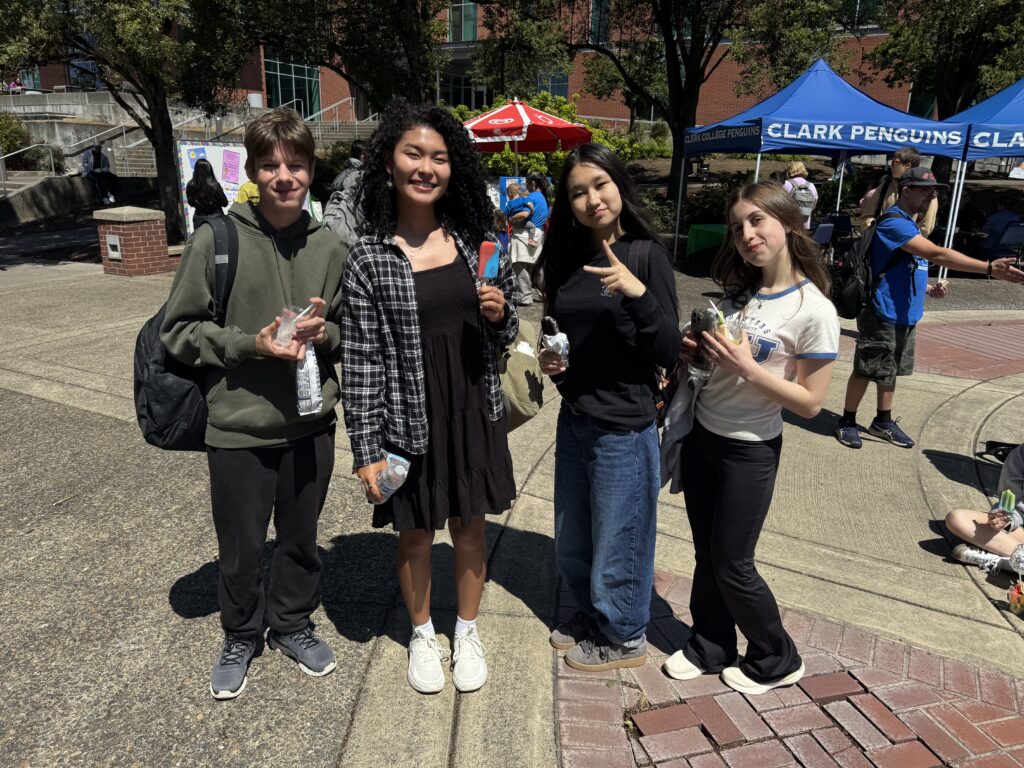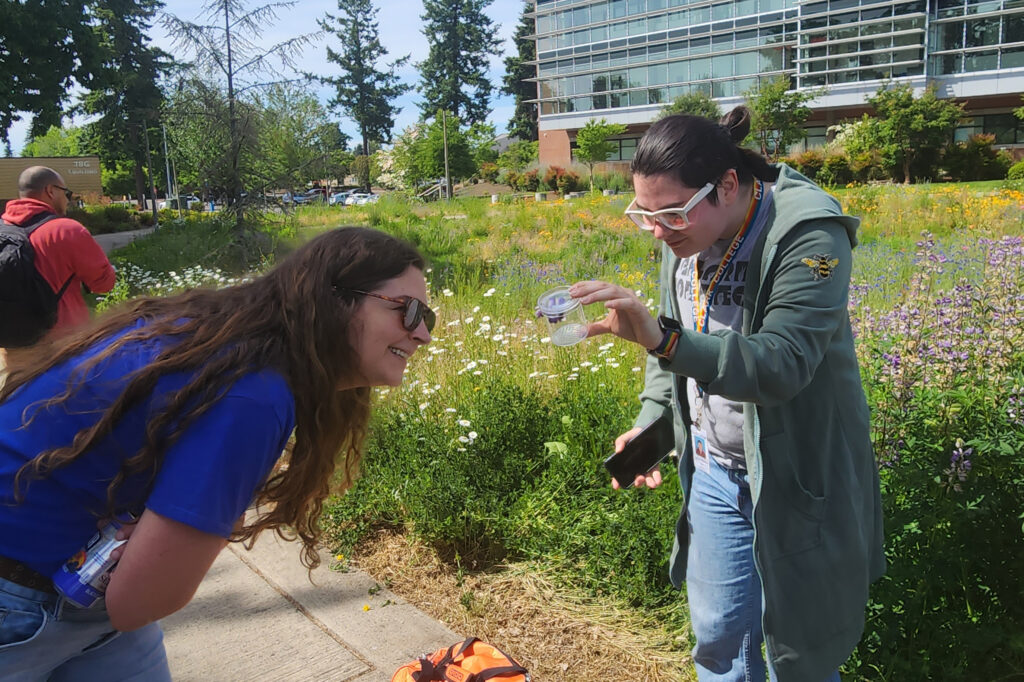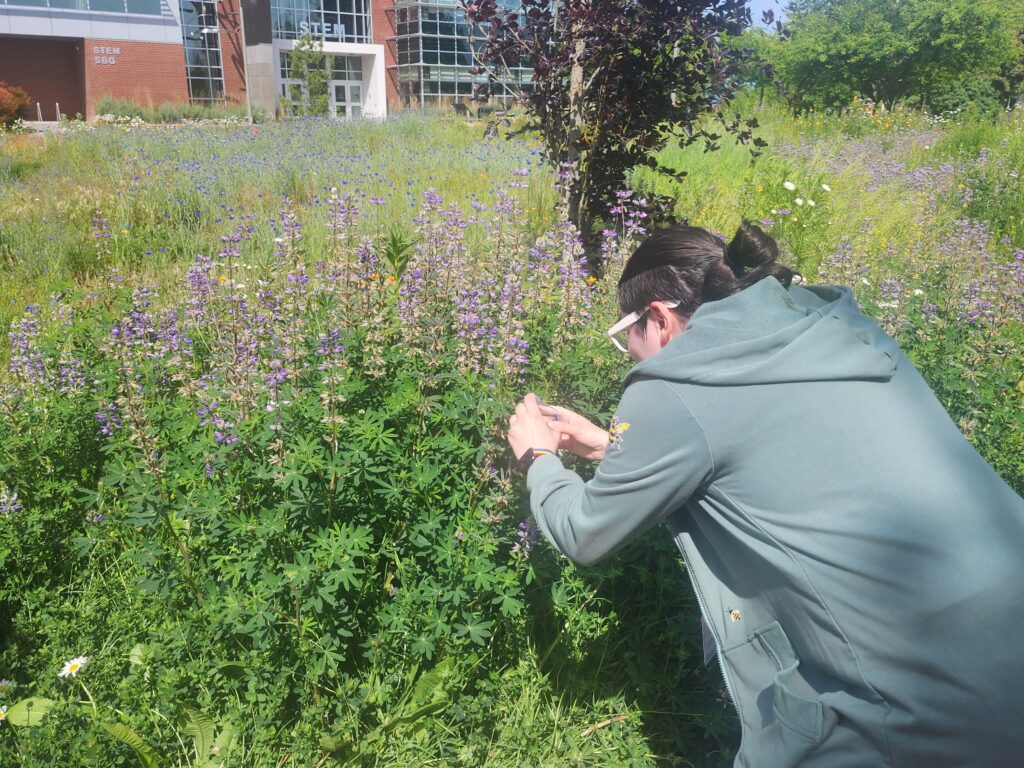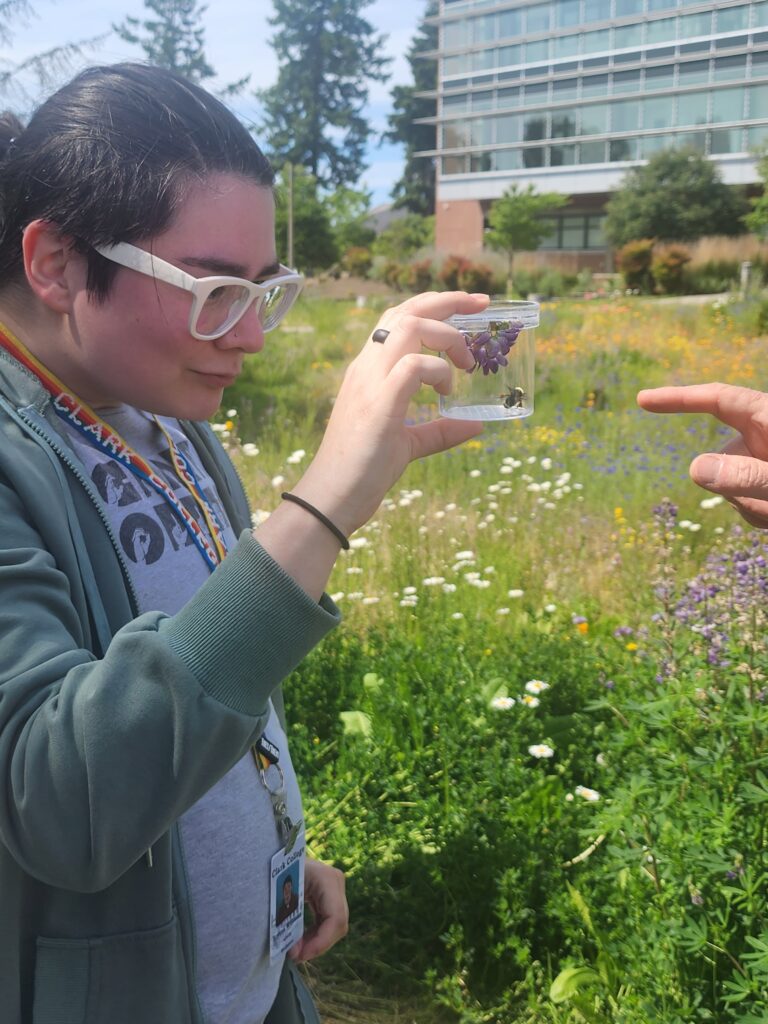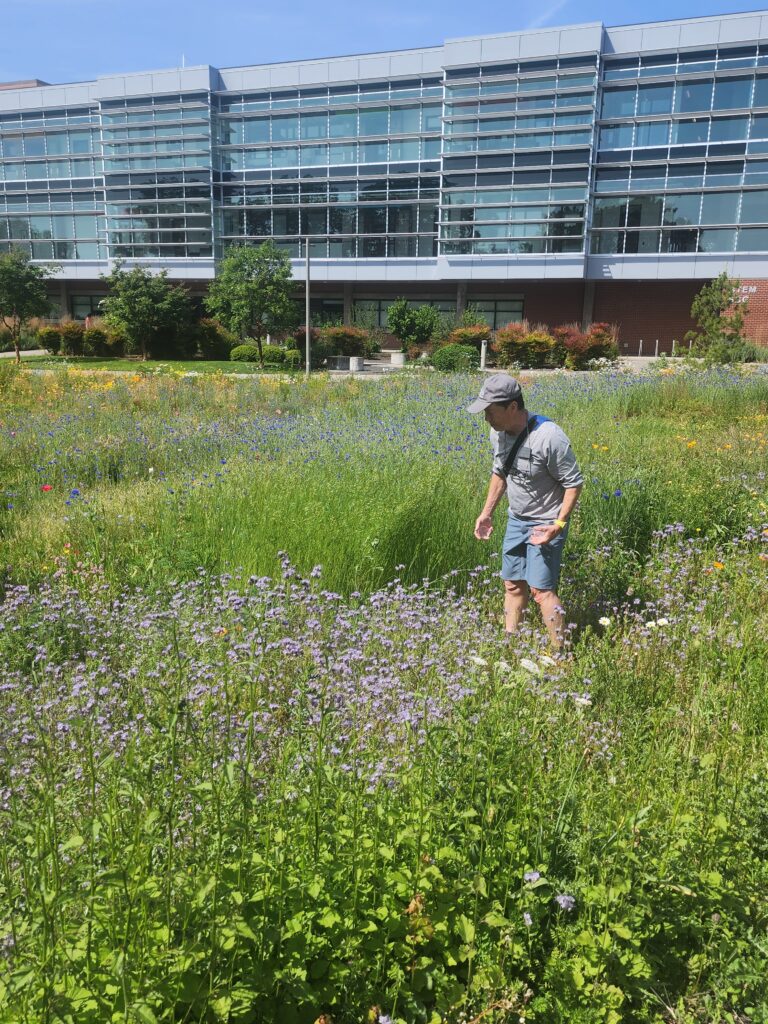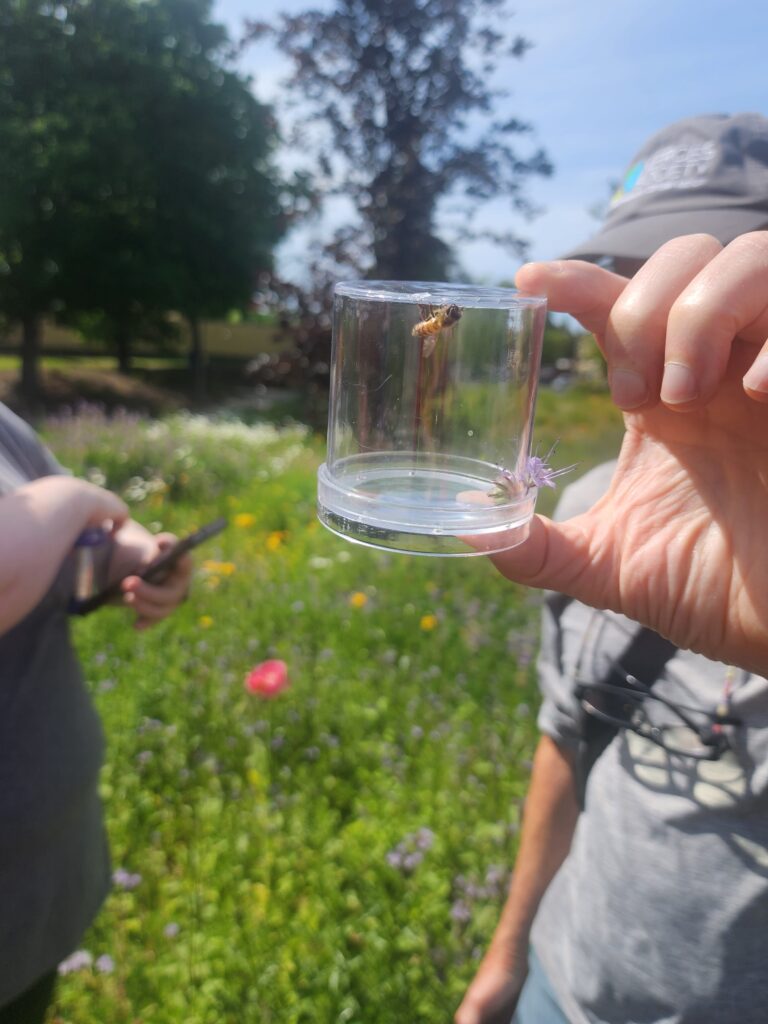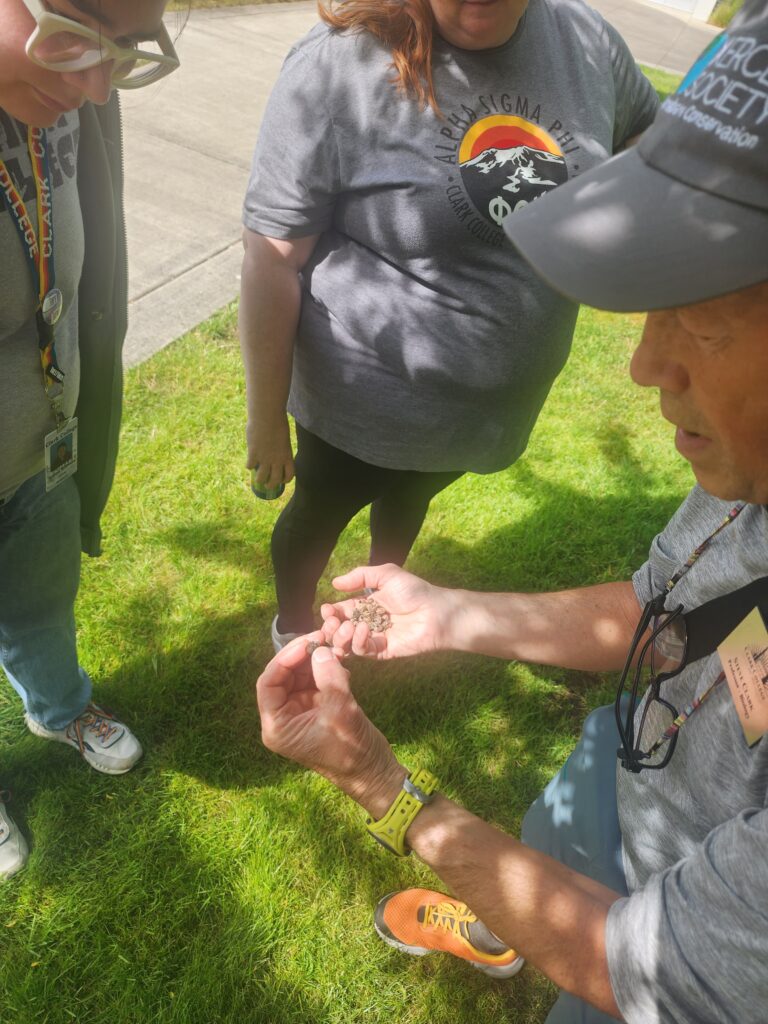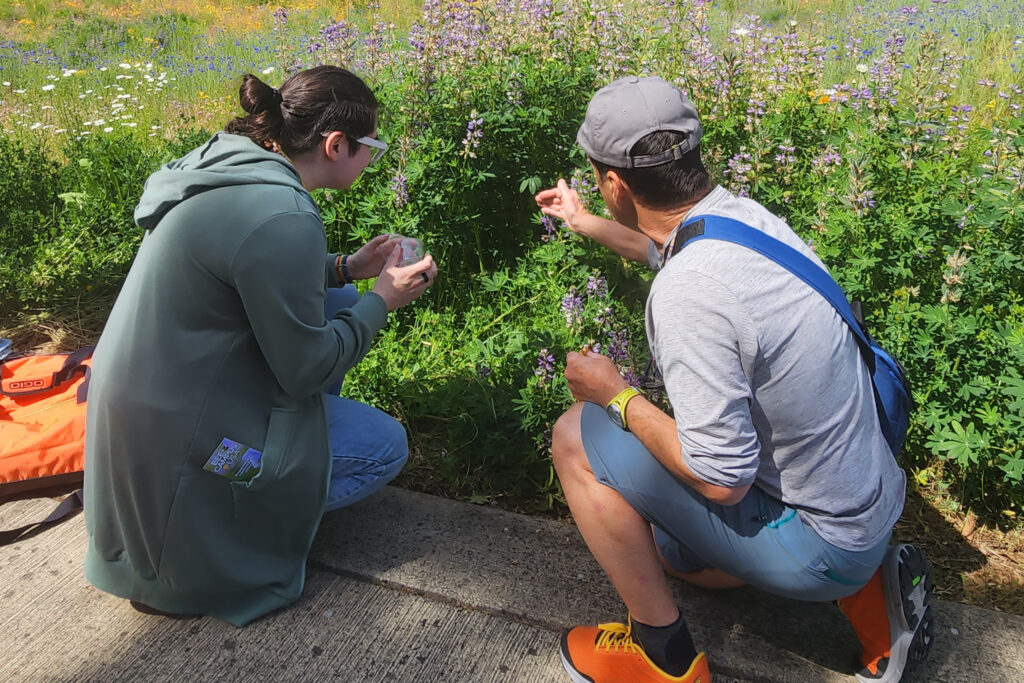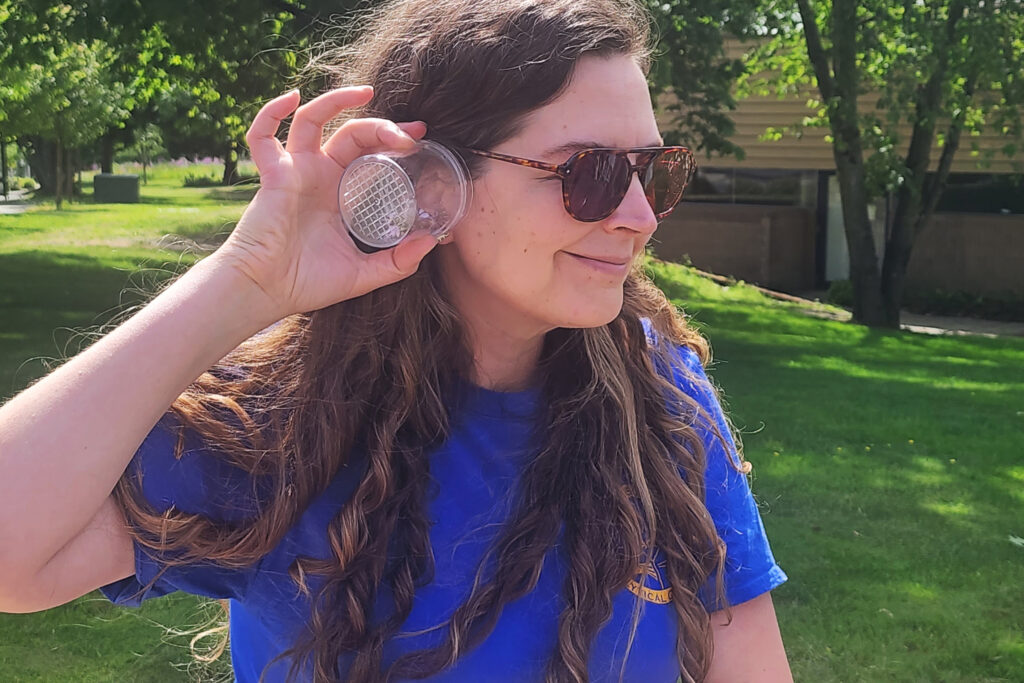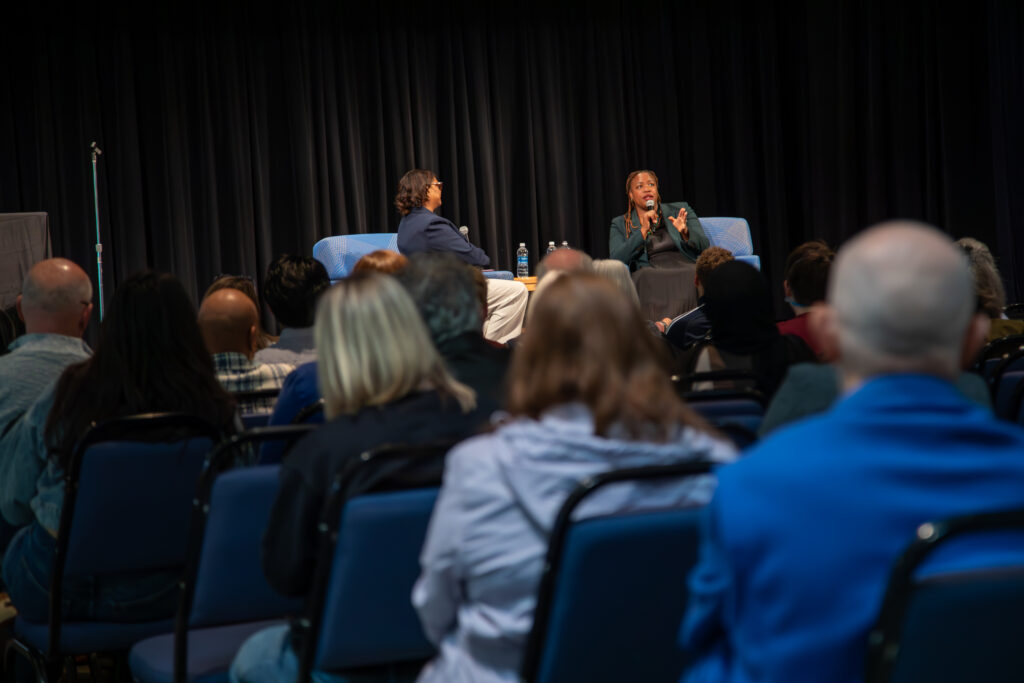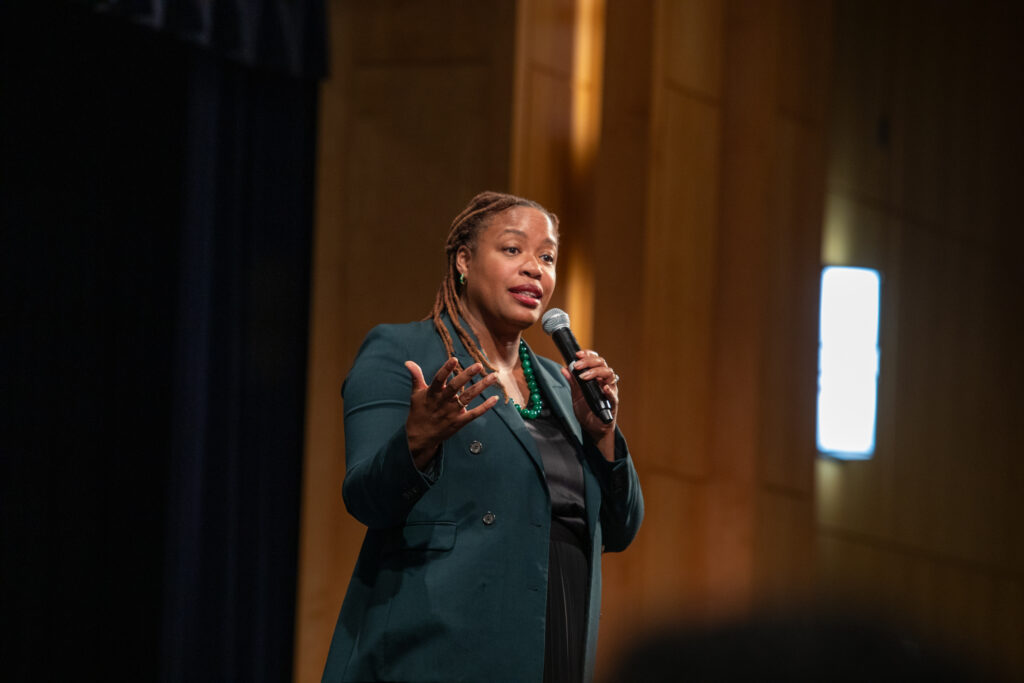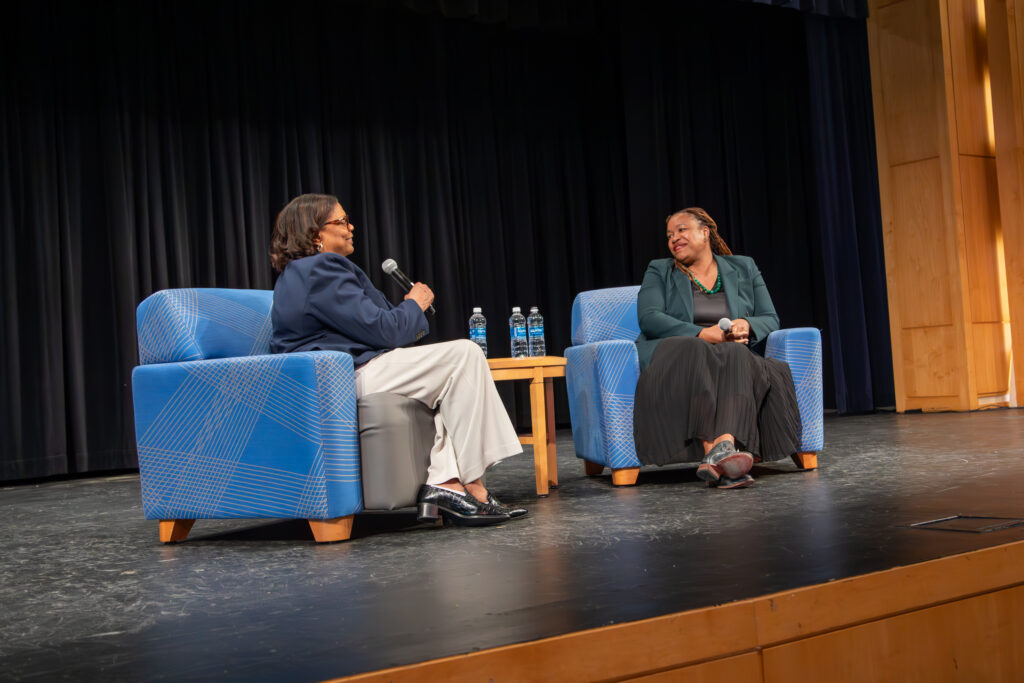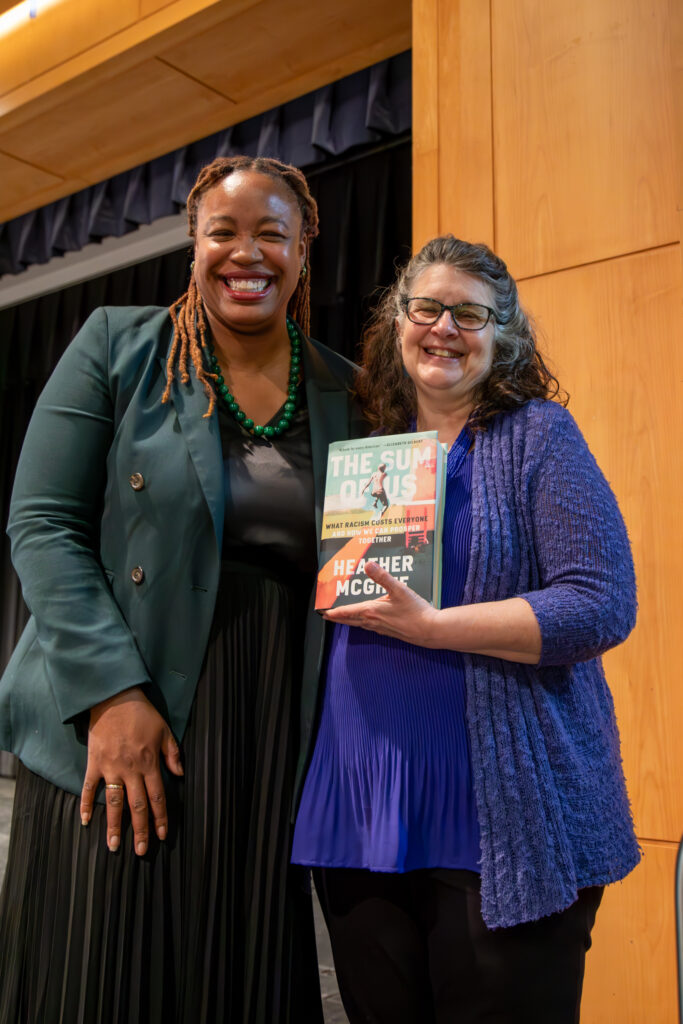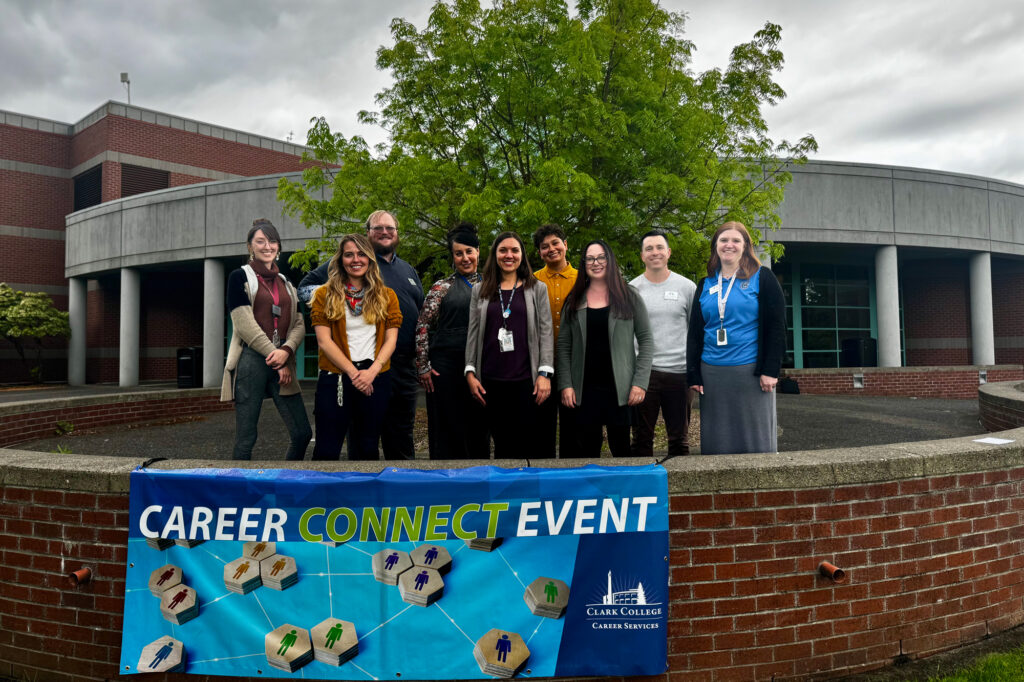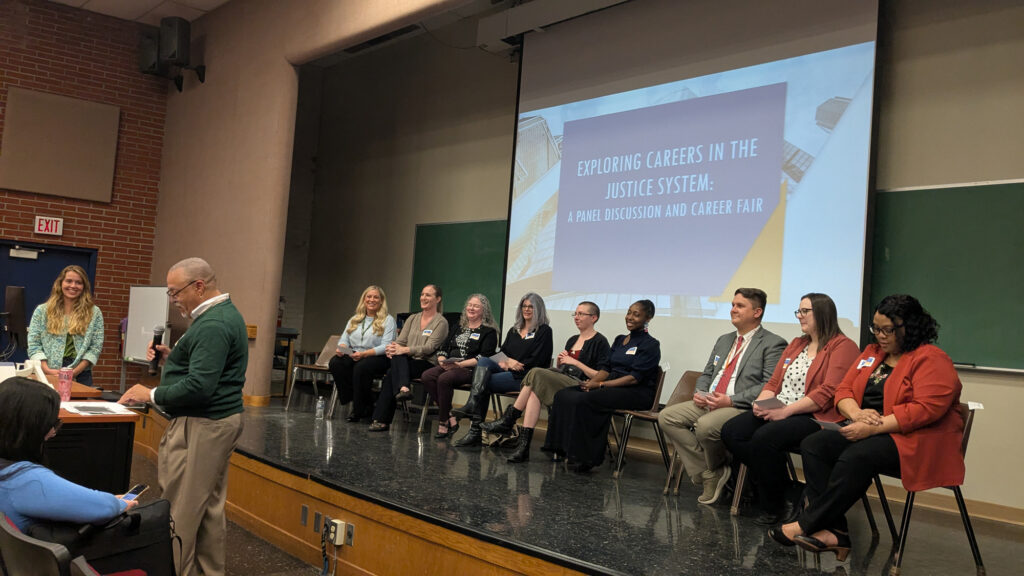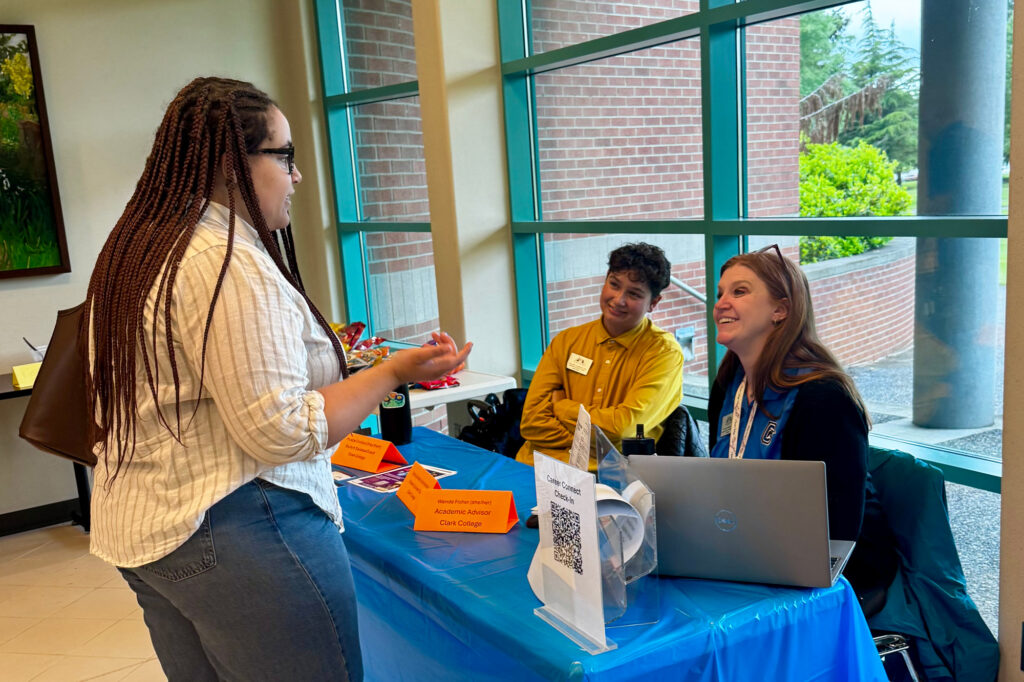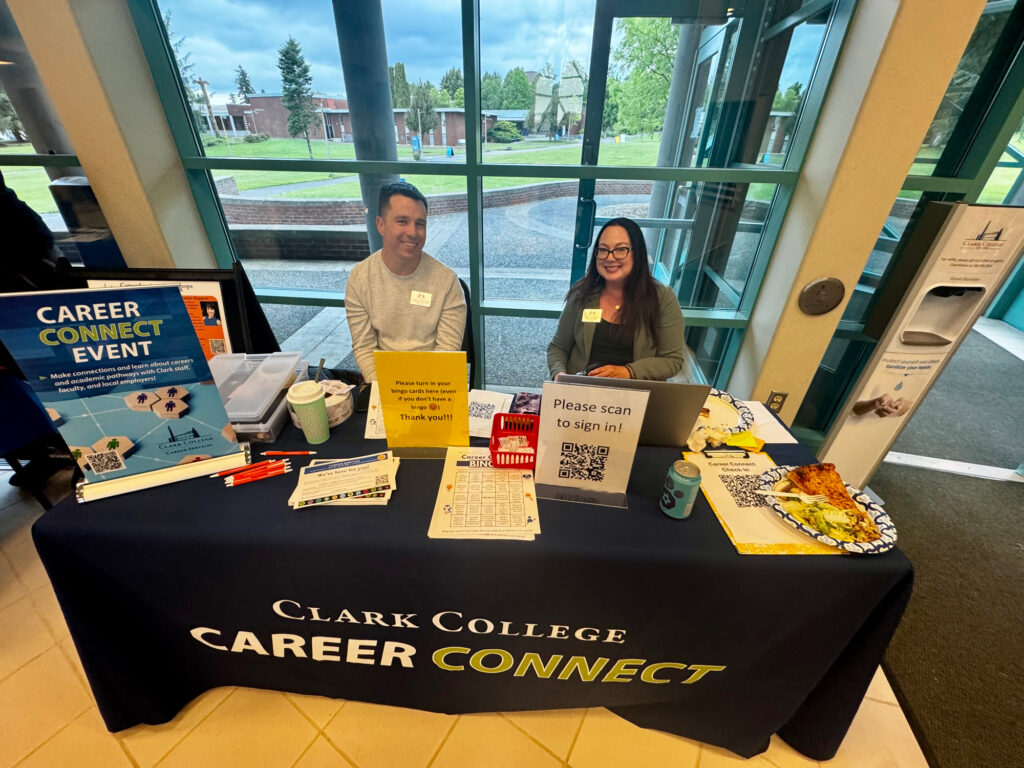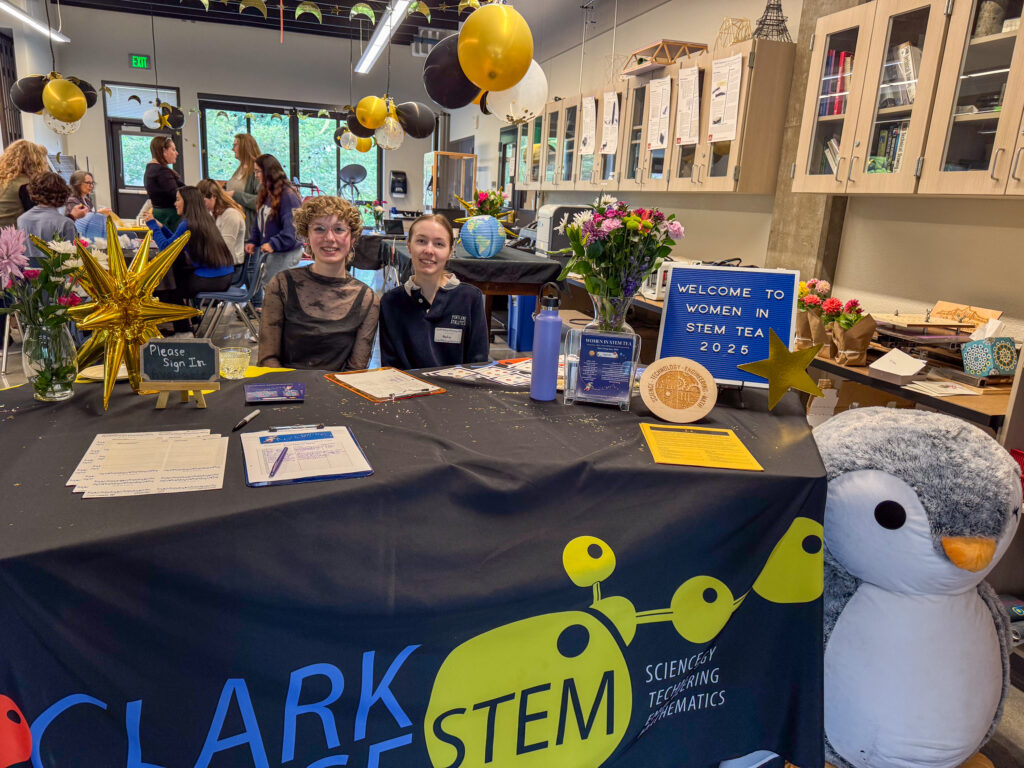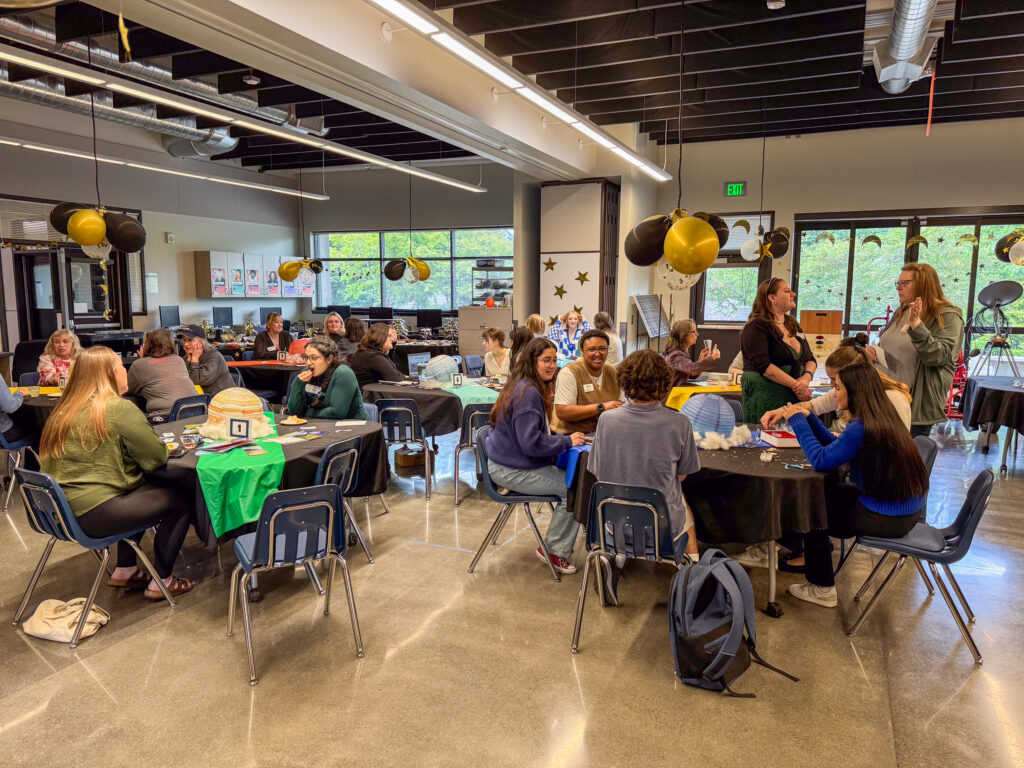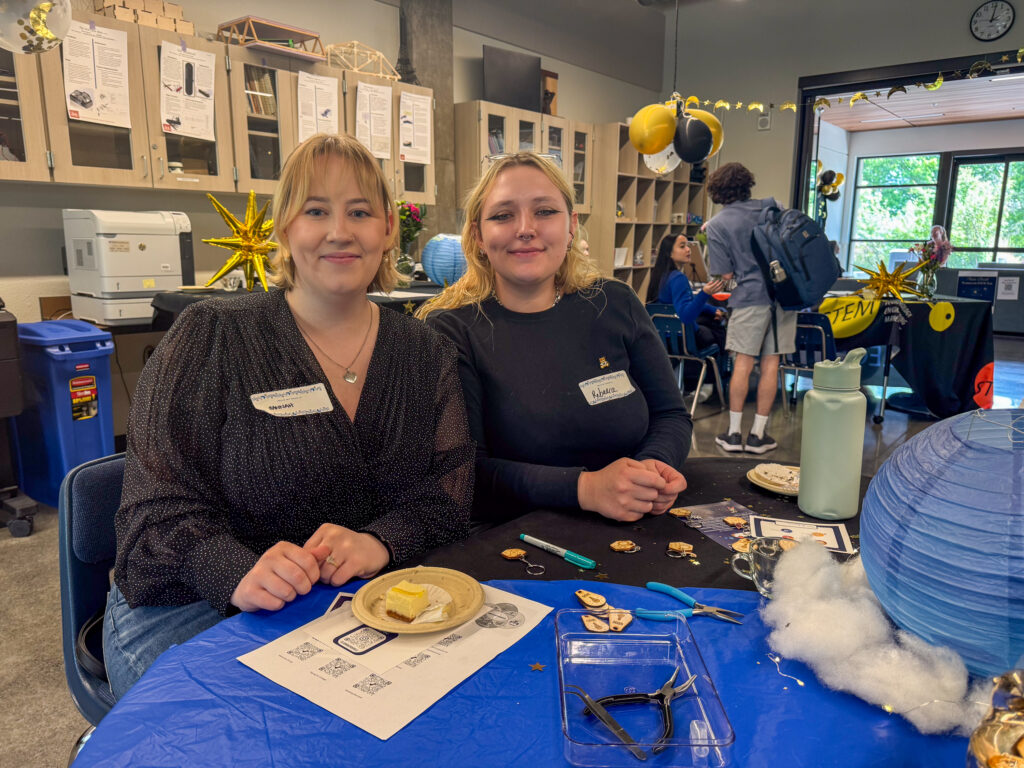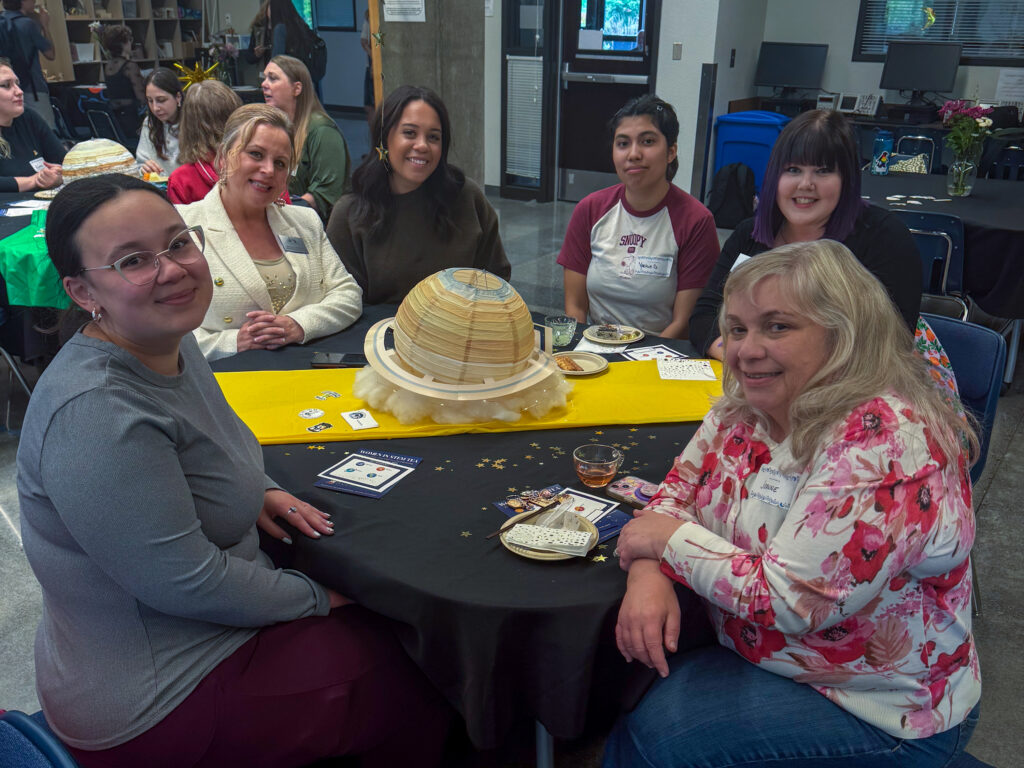2025 Tenure Recipients
Clark College welcomed fourteen newly tenured faculty members at the 2025 Tenure Reception on June 3. Together with Clark’s Board of Trustees, Dr. Karin Edwards, Tenure Support Supervisor DJ Scates, fellow faculty members, students, and families, these recipients celebrated the incredible effort they made throughout the process.
Administrators from each department introduced their newly tenured faculty members, giving the audience a glimpse into the impact each instructor has had on their students, colleagues, and community. Some recipients chose to give a brief thank you speech, encompassing the spirit of gratitude that flowed through the entirety of the event.
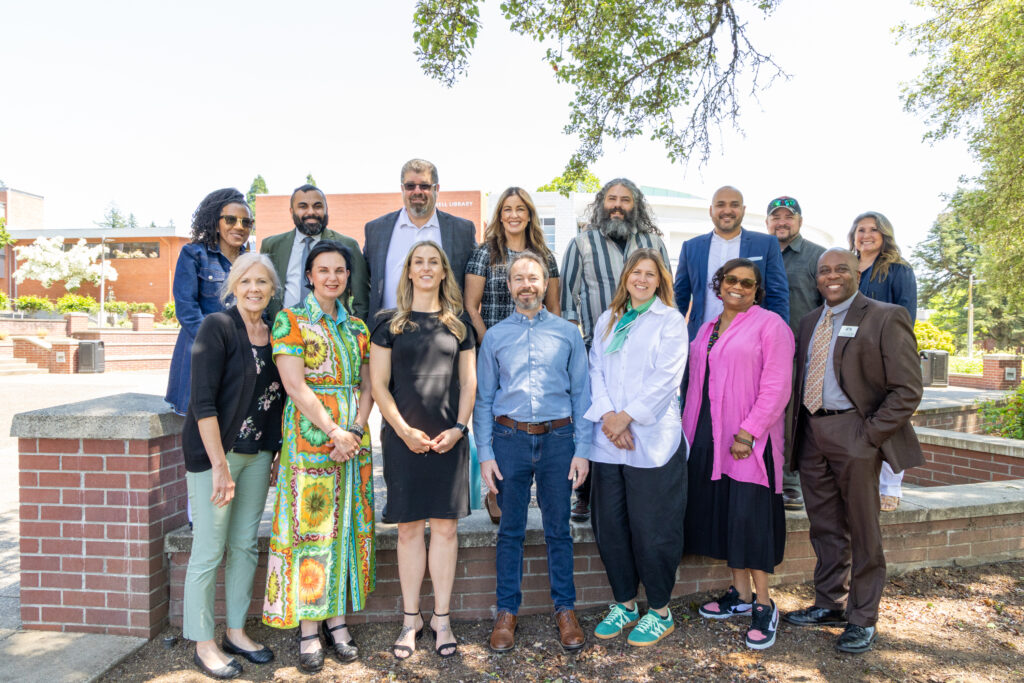
This year, the Board of Trustees unanimously granted tenure to the following outstanding educators.
Mohammad (Giga) Alqeeq, Cybersecurity
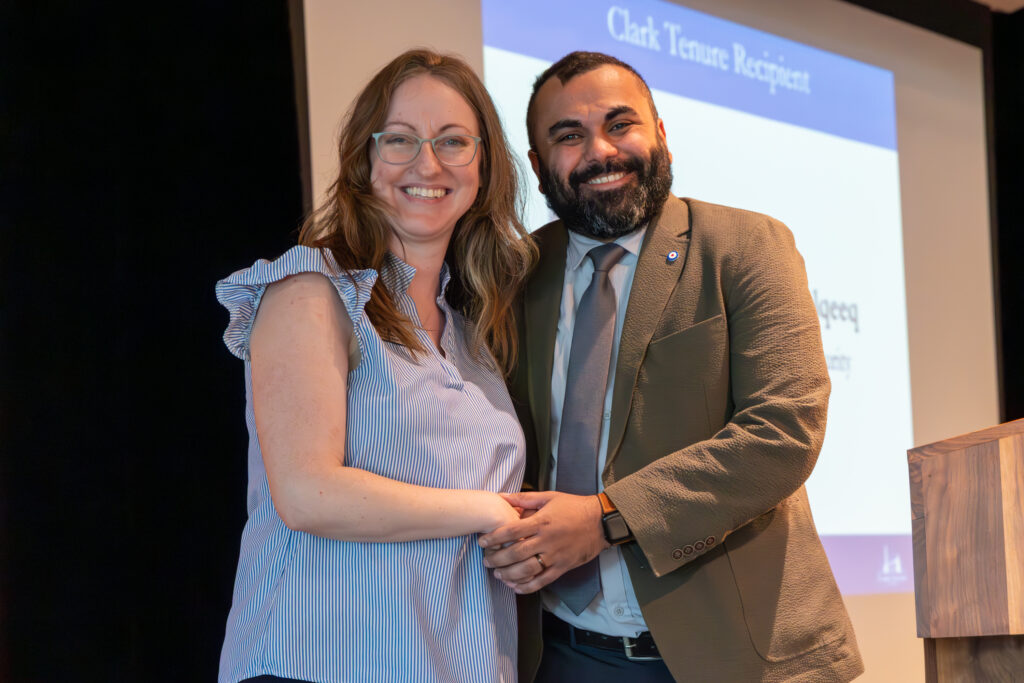
Giga helped build the Bachelor of Applied Sciences in Cybersecurity program and created workshops centered on online privacy and security. Despite his extensive experience in the field, he leaves his ego at the door, truly honoring and highlighting the contributions of all his students. Giga’s teaching philosophy is to use varying approaches so that students can choose what works best for them.
Halina Brant-Zawadski, Nursing
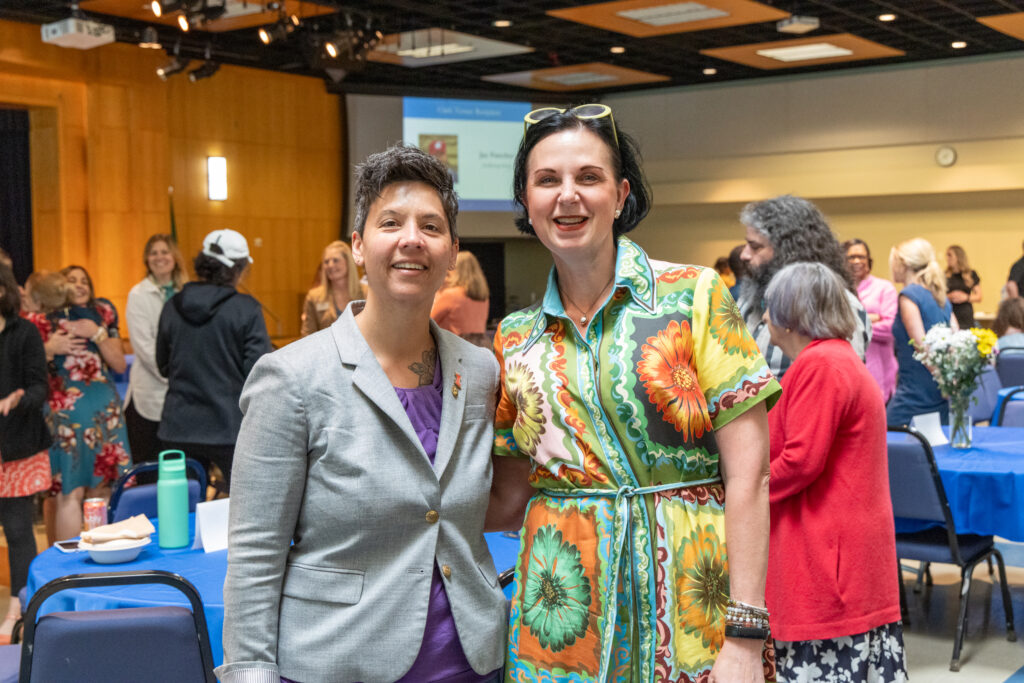
Bringing a wealth of knowledge to her theory and clinic work at Clark, Helina focuses on trauma responsive education, addressing stress management, equity, inclusion, and trauma-informed care with her students. Always going above and beyond, she is a calm, approachable resource for students.
Jay Fancher, Anthropology
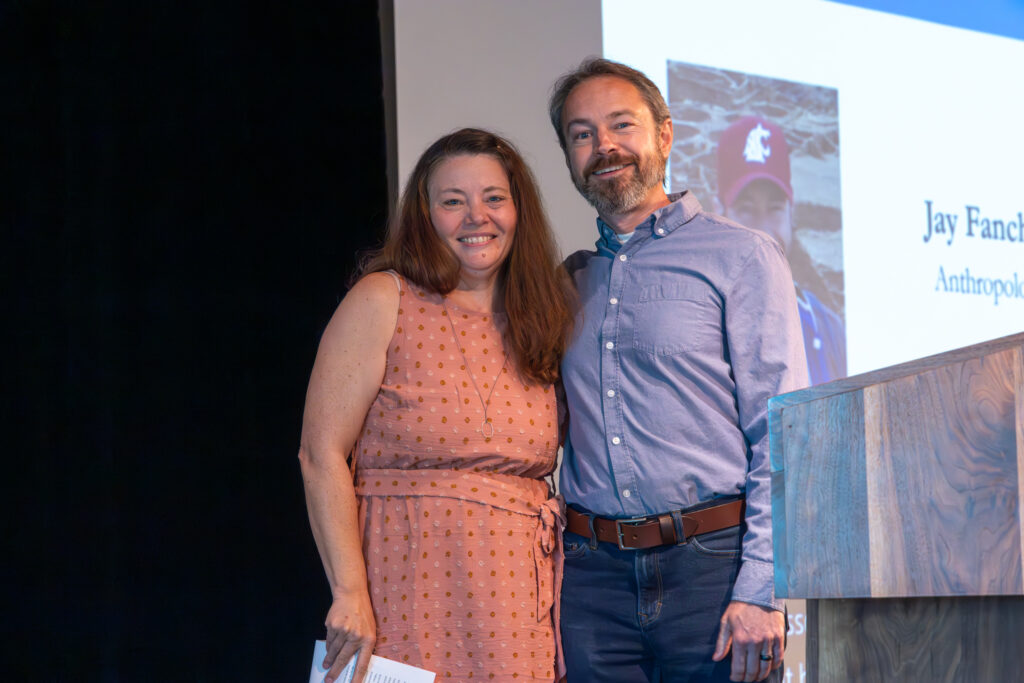
Jay’s journey at Clark College began in 2014 as an adjunct professor. In 2019, he stepped in as the interim Chair of Anthropology with no guarantee of a permanent position, simply because he cares about this work. When he shares with students his fascination with things like mysterious fossils and lost civilizations, he teaches them practical life skills: curiosity, critical thinking, cultural relativism, and empathy. Jay’s teaching reflects the college’s mission for DEI; he invites students to step beyond their own worldview and biases and see those with different perspectives with respect.
Brandon Johnson, Automotive
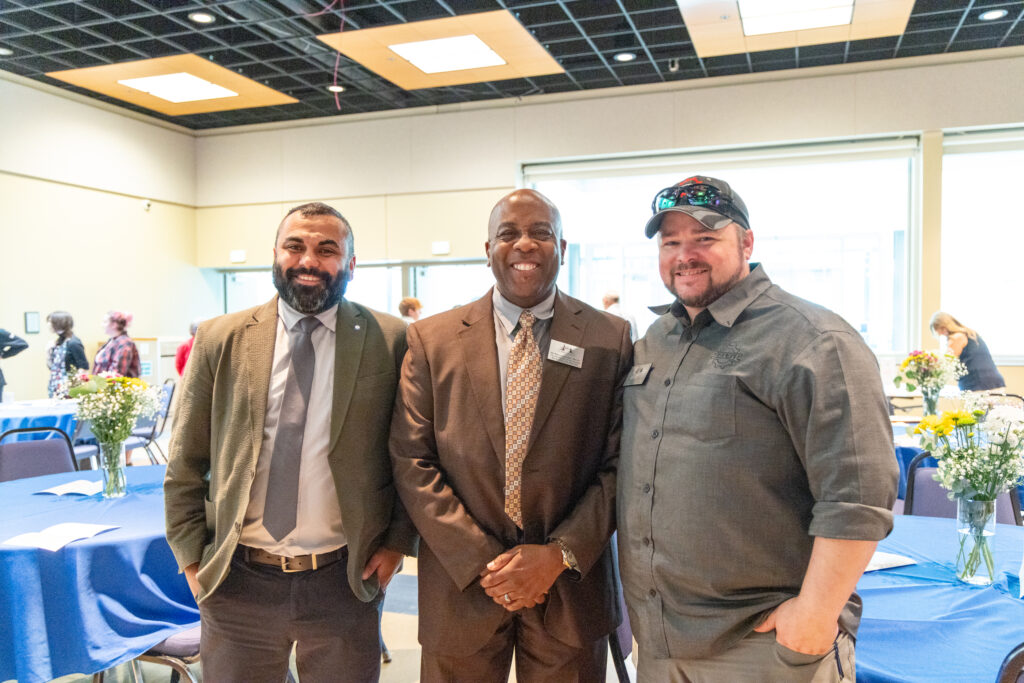
Although new to formal teaching, Brandon has a natural talent and heart for mentoring. By creating a safe environment for his students to ask questions, he shows the care and attentiveness he has to them. Recognizing that the struggle of problem-solving is crucial in the automotive field, he finds the right timing when offering guidance so that students are eager to learn. Brandon often shares stories about his experience in the field that emphasizes the concepts students are learning, creating impactful, real-world examples.
Molly Lampros, Communications

Molly is a masterful curriculum designer and focuses on building relationships with her students. After completing significant research on trauma-informed teaching practices, she implemented what she learned in her own classroom. She believes in an equitable, discussion-based, student-centered learning environment in which all opinions are considered.
Teresa Lashchuk, Nursing
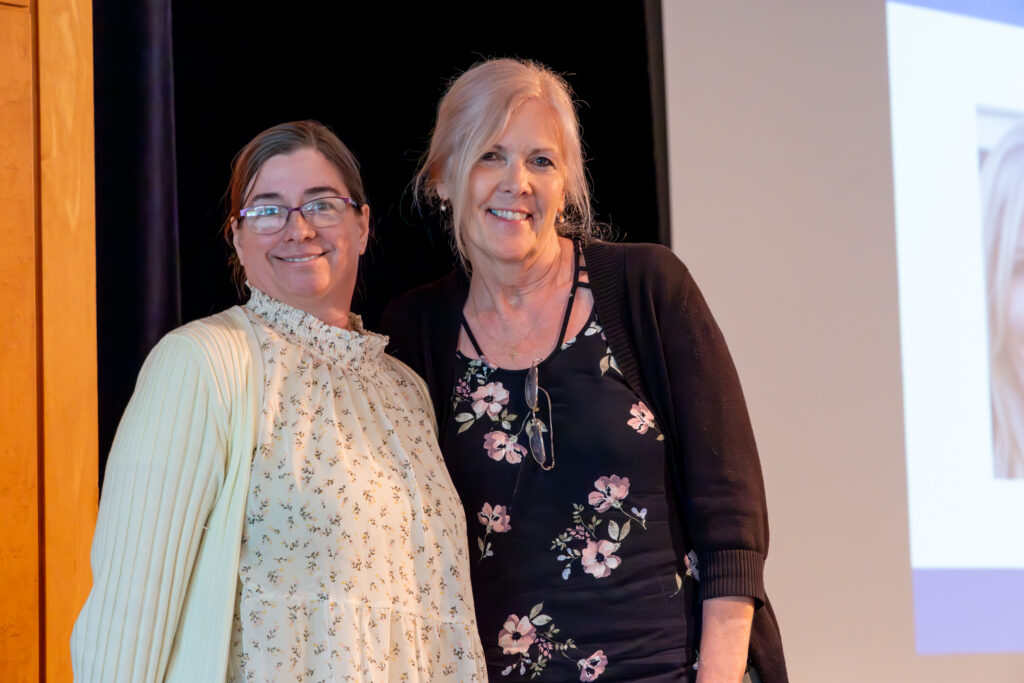
Since joining the Clark faculty in 2011 as an adjunct nursing instructor, Teresa has made major contributions to the school and community. She encourages critical thinking skills through empowerment and promotes inclusion, which enables learners to feel supported and safe. Students appreciate her relevant curriculum, as she brings real-world situations to her courses.
Josephine Lesage, Environmental Biology
Josie creates excitement about the natural world for her students and believes that the best learning happens outdoors. As an organized, passionate, and kind instructor, her students walk away from her lessons with a deeper appreciation of the patterns that govern life on our planet. By using active learning, group work, and check-ins to help students develop learning strategies and develop a growth mindset, Josie truly fosters curiosity in her students.
Brian Miyake, Surveying & Geomatics
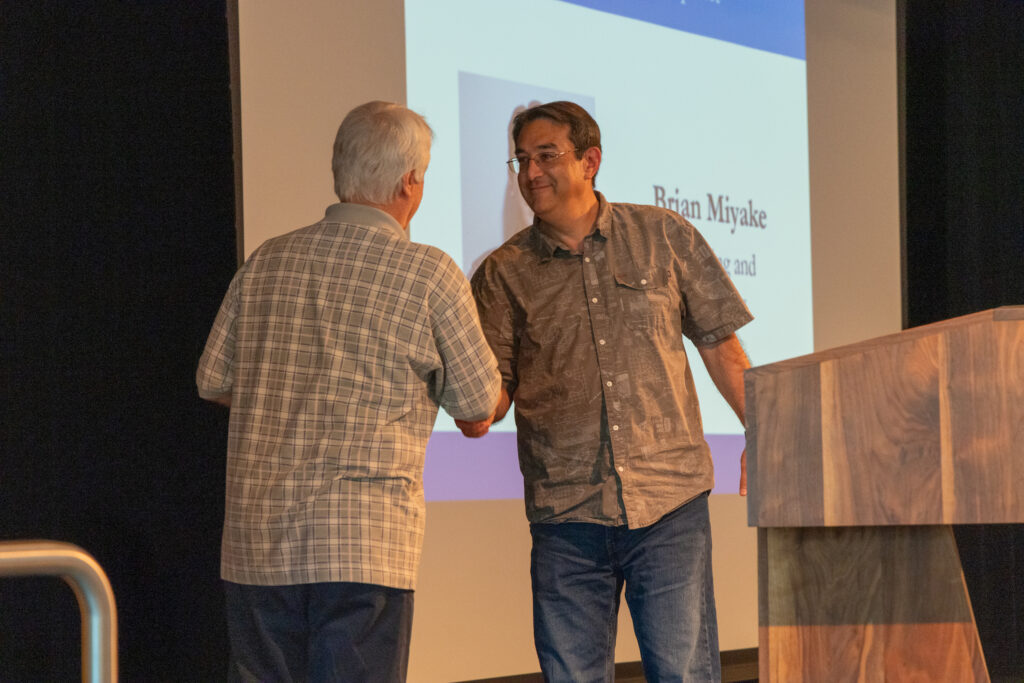
Brian has made significant contributions to his department, both in academics and in community presence. He creates strong connections with regional surveying professionals and is a dedicated advisor to his students. This year, he guided his students to the National Society of Professional Surveyors 24th Annual Student Competition in Washington DC, where they won first place – an impressive testament to Brian’s leadership. With a commitment to meeting students where they are, he uses culturally responsive teaching methods to provide transformative education and takes the time to help students learn complex topics.
Victor Morales, Philosophy
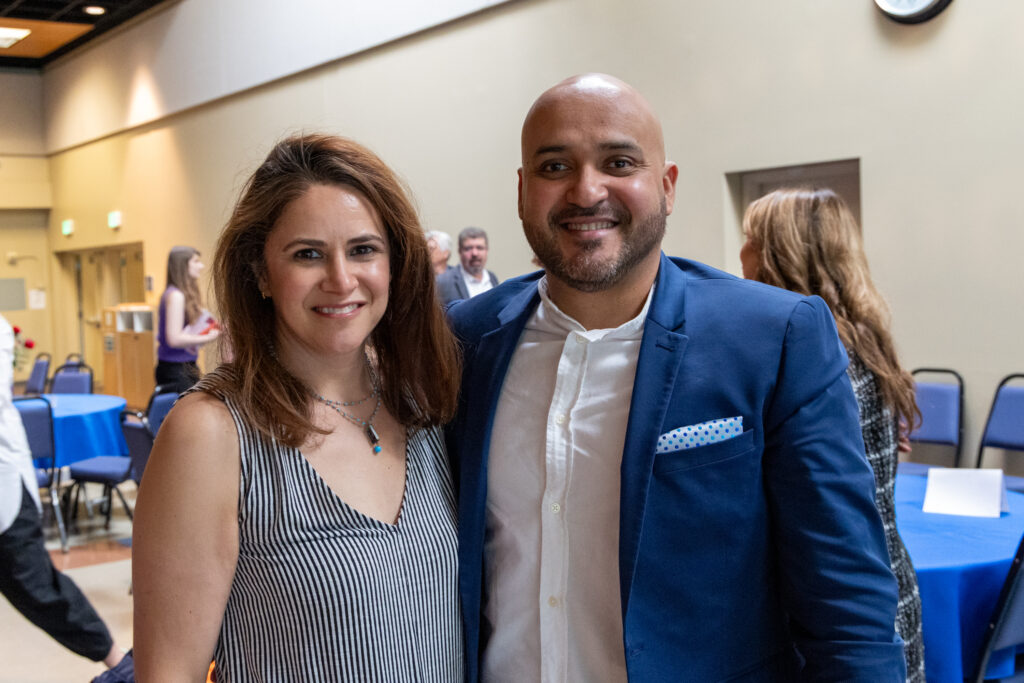
Throughout his teaching career, Victor has built a reputation as a mentor who creates spaces for students to share their lived experiences. He continues that mission at Clark, where he created and mentors the Philosophy Club for students. As an instructor, Victor is committed to diversity, equity, and inclusion, accounting for diverse backgrounds and learning styles in his pedagogical strategies. By including role-playing exercises, group work, and simulations to promote critical thinking, he provides students a safe platform to share their opinions.
Jesse Morse, English
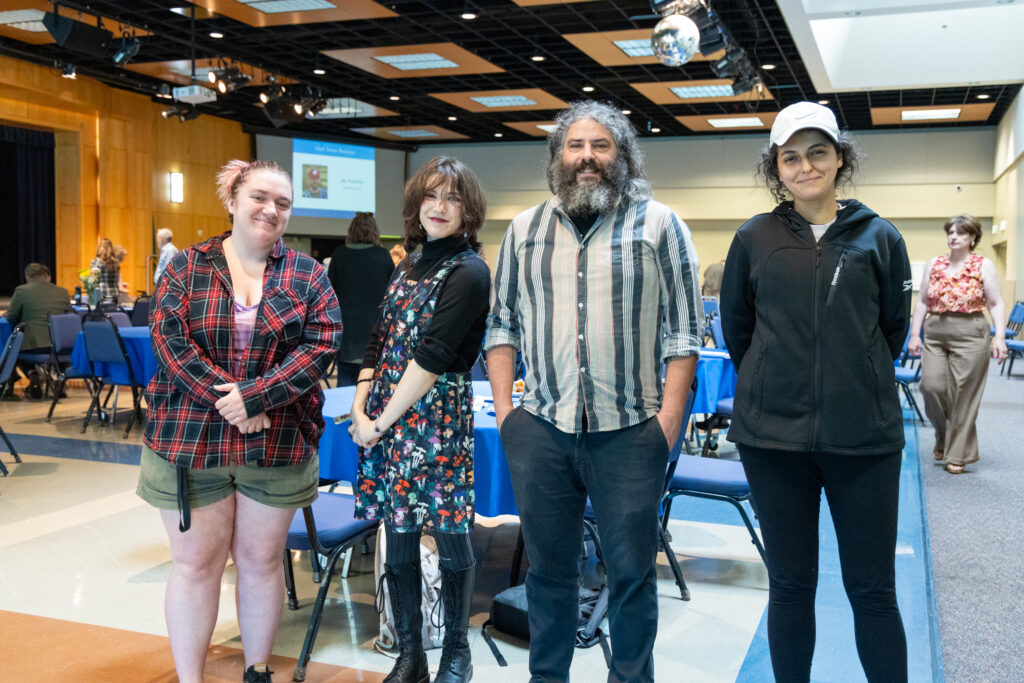
Every year, with his wife and fellow instructor, Jennifer Denrow, Jesse co-directs Clark’s annual Spring Writing Workshop, bringing together and inspiring a community of writers. He is also the author of Flash Floods are Anomalies, a collection of poems published by Finishing Line Press in 2021. At the center of Jesse’s teaching are equity and cultural inclusiveness. Through a student-centered approach to instruction, he creates a classroom where students of all ethnicities, backgrounds, and abilities feel brave and vulnerable enough to engage deeply in learning.
Janine Rieck, Health Information Management
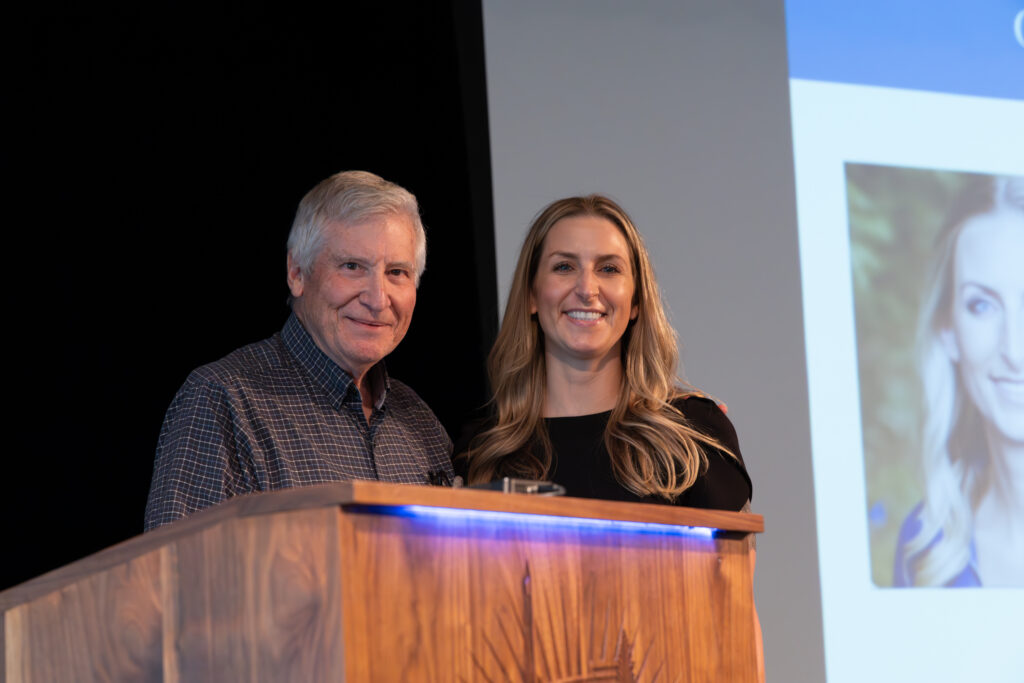
Janine’s philosophy of providing consistent support to her online classes creates an accessible and equitable environment. She builds her courses to provide an online learning experience that is equivalent to or surpasses the in-class experience, including intuitive videos, tips, tricks, and how-to instructions for students to ensure they always feel included and part of a community. Janine is highly driven and established a health information management club for students, encouraging them to give back to their community.
Natasja Swartz, Chemistry
Natasja’s curriculum celebrates the whole learner by removing impediments to success. She uses best practices from chemical education research blended into a cultural heritage framework to teach complex and interdisciplinary science. Known for her compassion and strong commitment to creating a supportive environment, Natasja pushes her students to think outside the box.
Cydney Topping, English
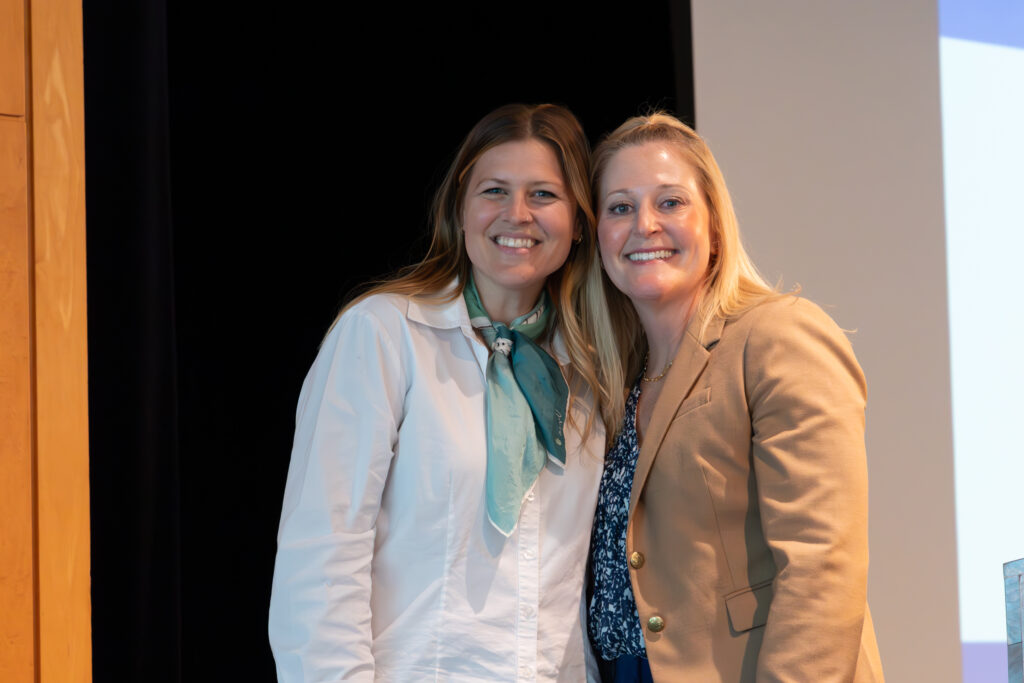
With the goal of helping students find the magic and joy of learning, Cydney designs her courses with intention, ensuring her students see their experiences reflected in the curriculum. An enthusiastic and creative team member, she also serves on the department committee tasked with redesigning Clark’s literature curriculum to reflect student-centered courses. She hopes to be a mentor for her students, cheering them forward on their educational journey.
Gibran Zogbi, Accounting
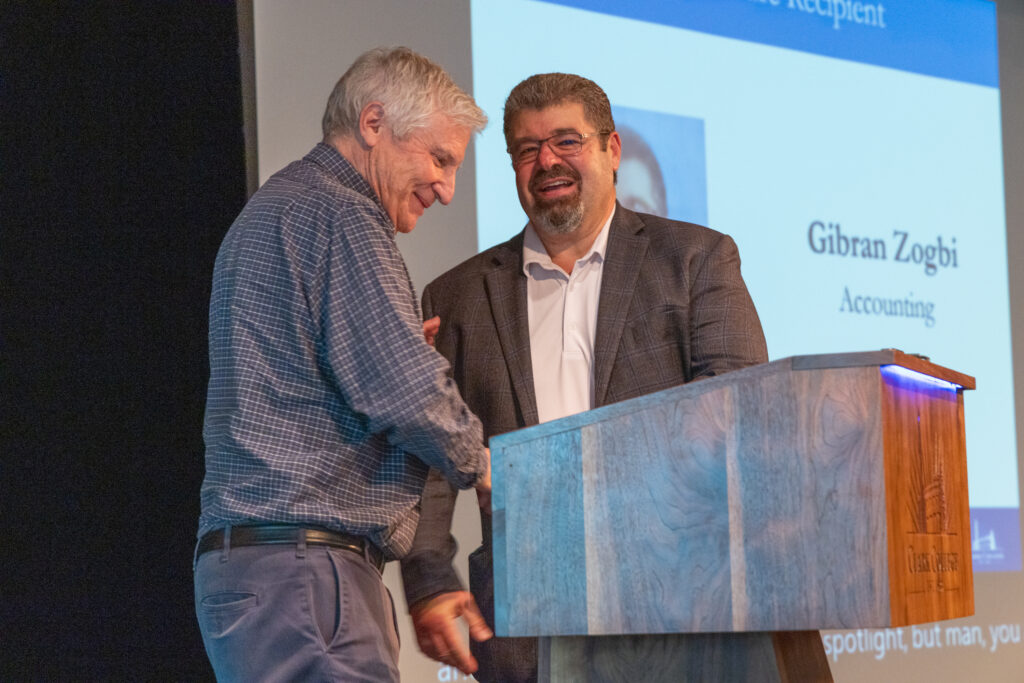
As the ultimate team player, Gibran is always available to help students and colleagues, who appreciate his enthusiasm, responsiveness, and the energy he brings to the classroom. He is committed to promoting virtue in his teaching by encouraging students to be the best version of themselves. His teaching style often goes beyond accounting, forging character in the classroom as he emphasizes to students that the kind of person they become is more important than what they do or have.
About the Tenure Process
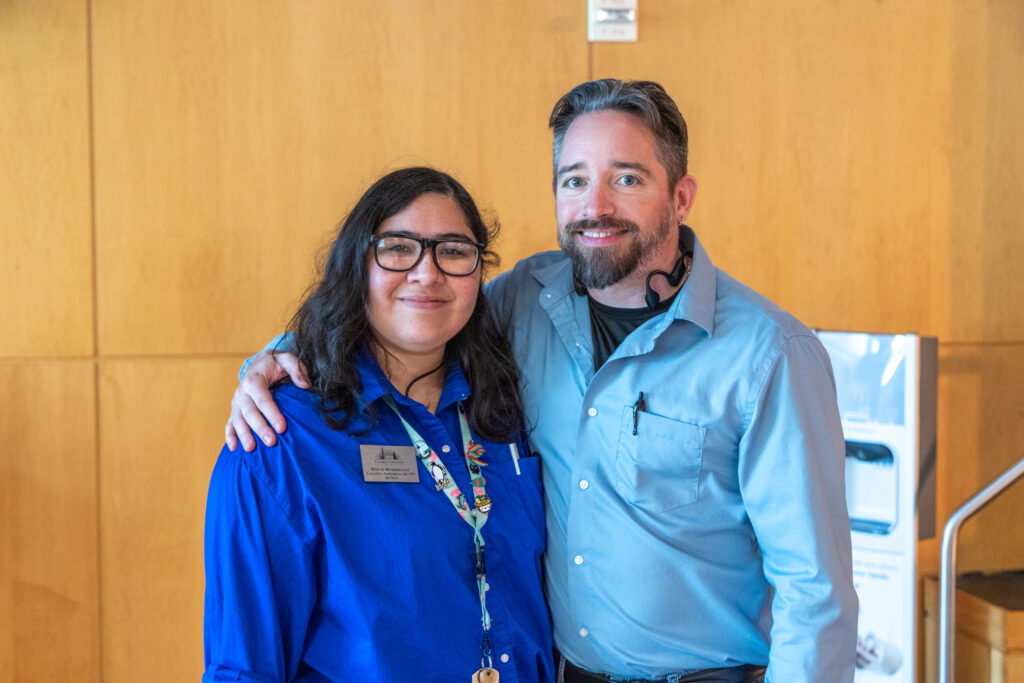
Tenure is awarded by the college’s board of trustees based on professional excellence and outstanding abilities in their disciplines. The granting of tenure is based on the recommendations of tenure review committees to the Vice President of Instruction, which are then forwarded to the President, who presents a final recommendation to the board of trustees. Recommendations are based on self-evaluations, tenure review committee evaluations, student evaluations, supervisory evaluations, and peer evaluations. The final decision to award or withhold tenure rests with the board of trustees.
Photos: Clark College/Jenny Shadley
More photos can be viewed on Flickr.
